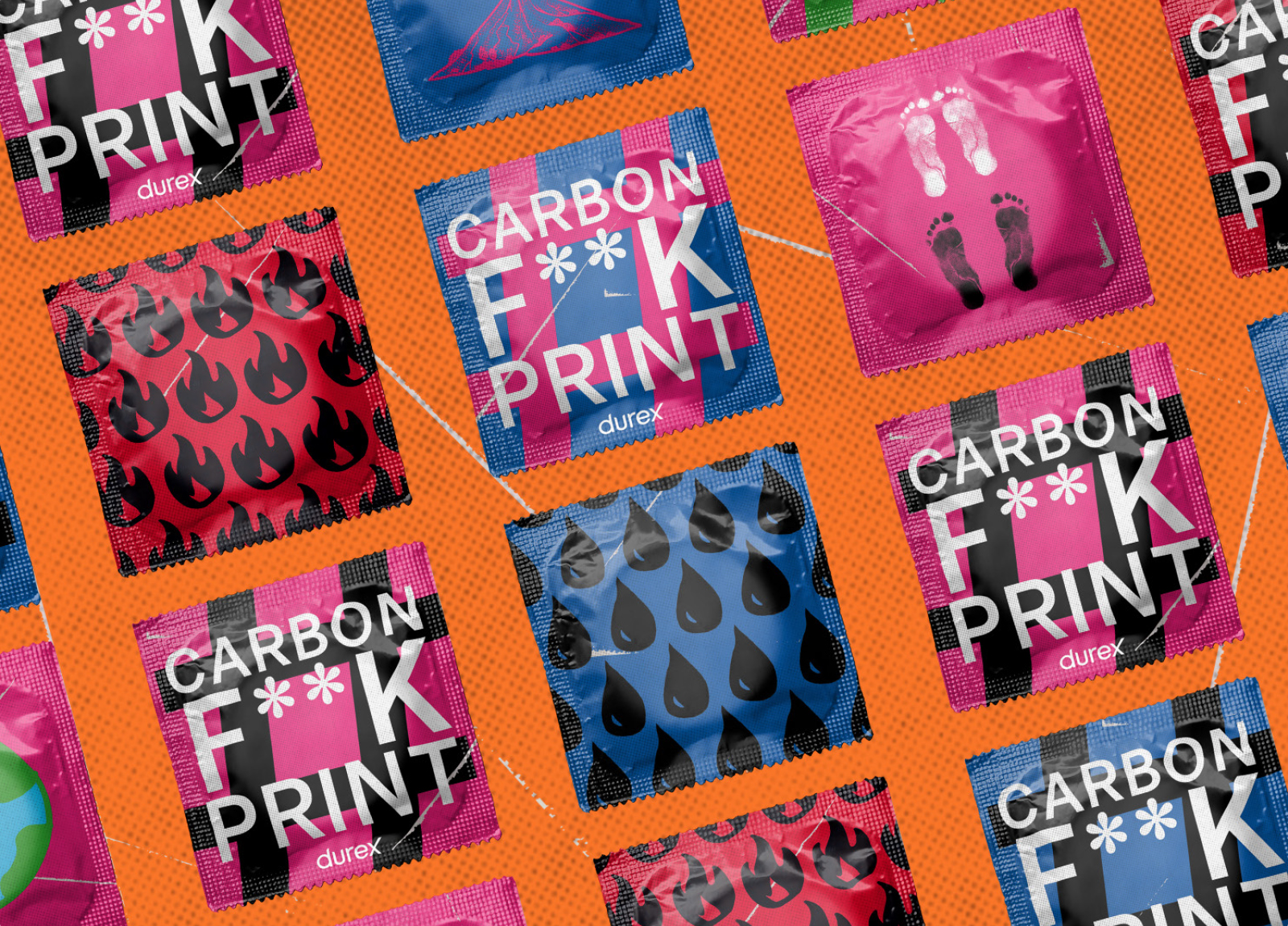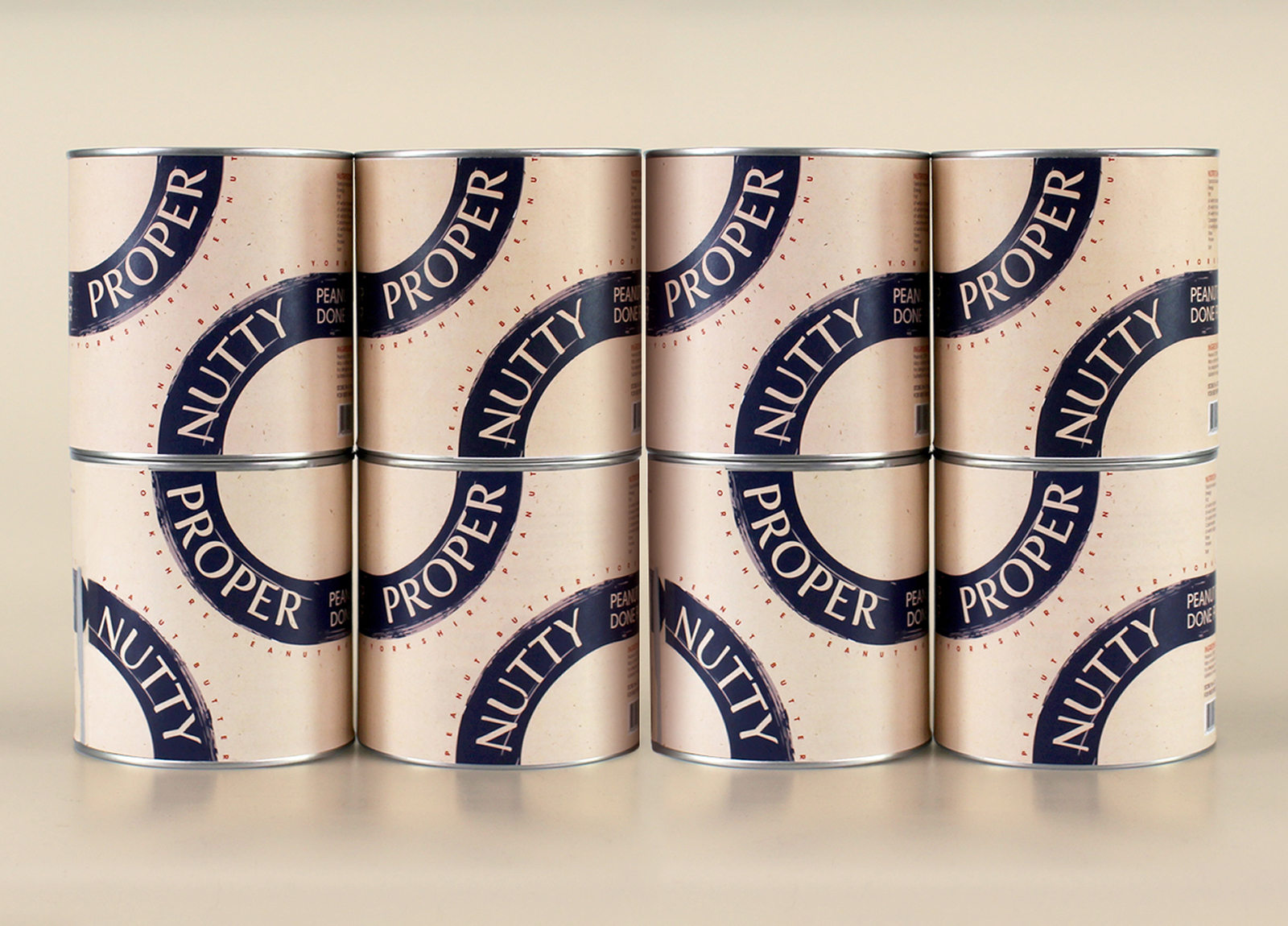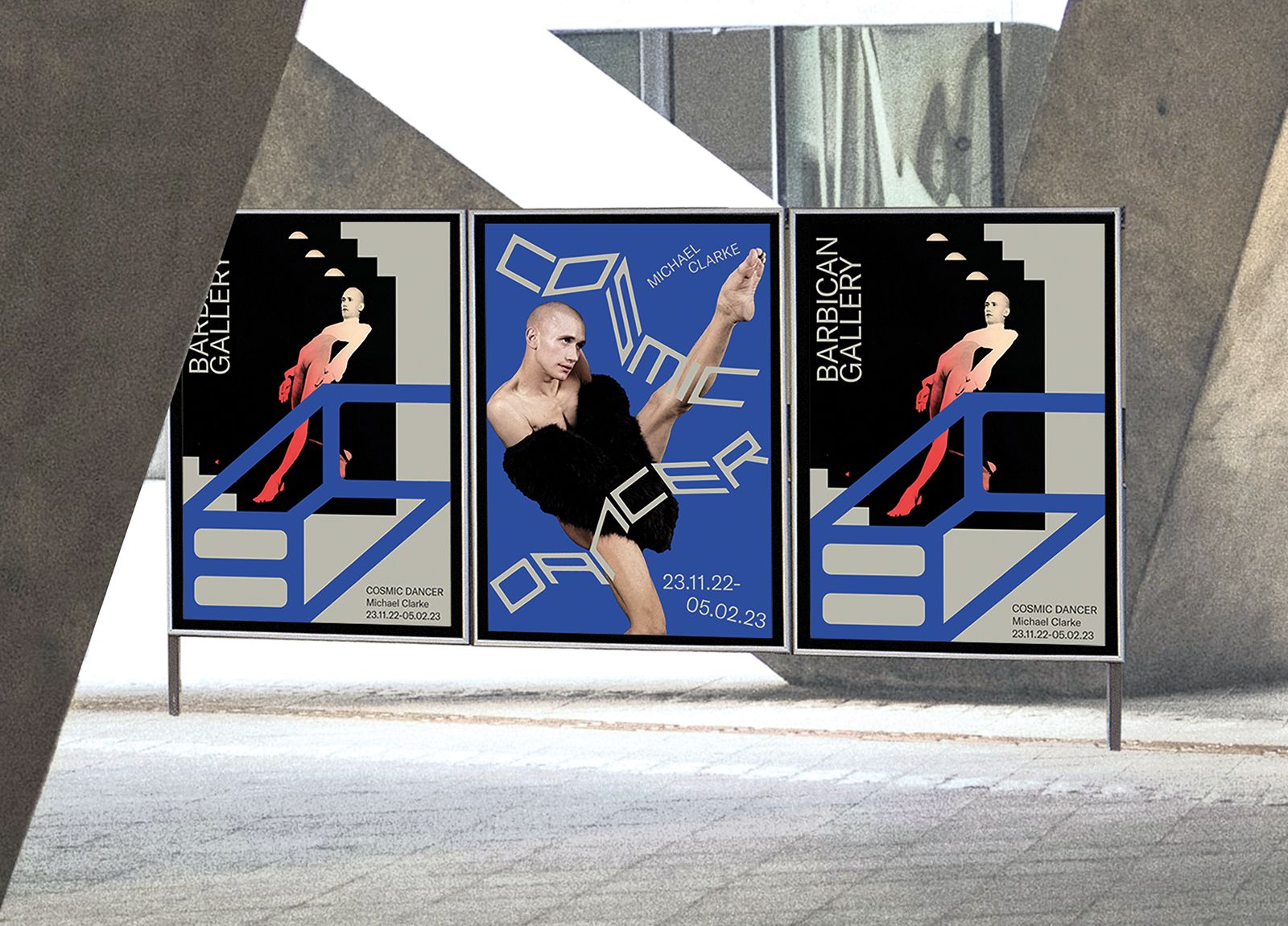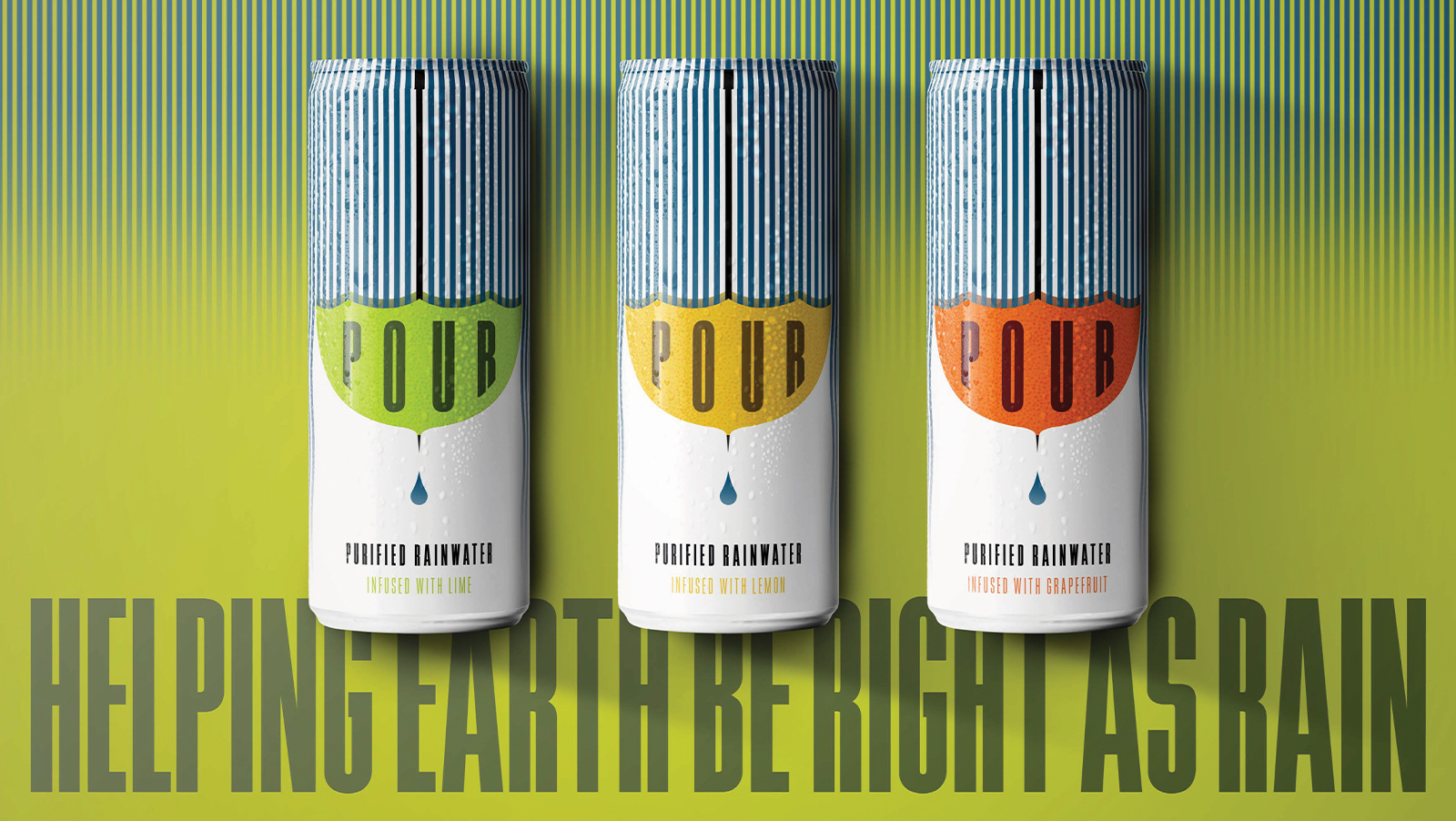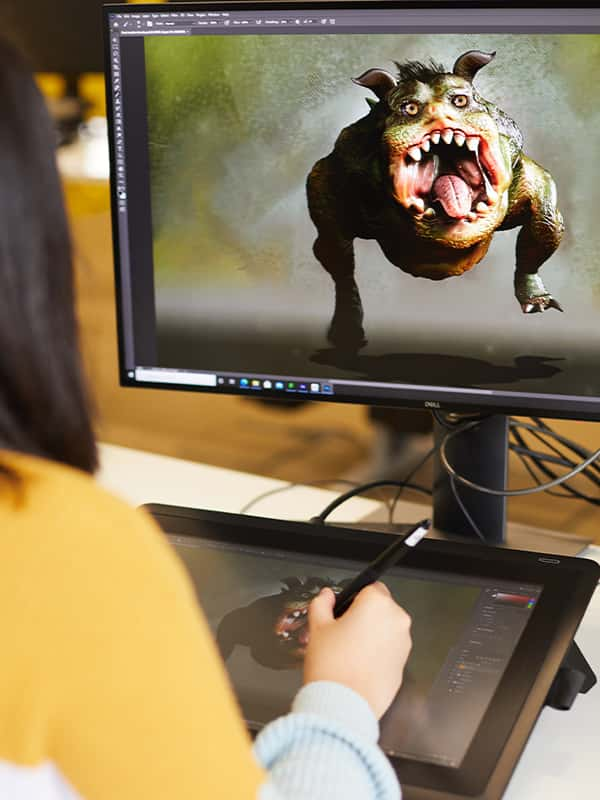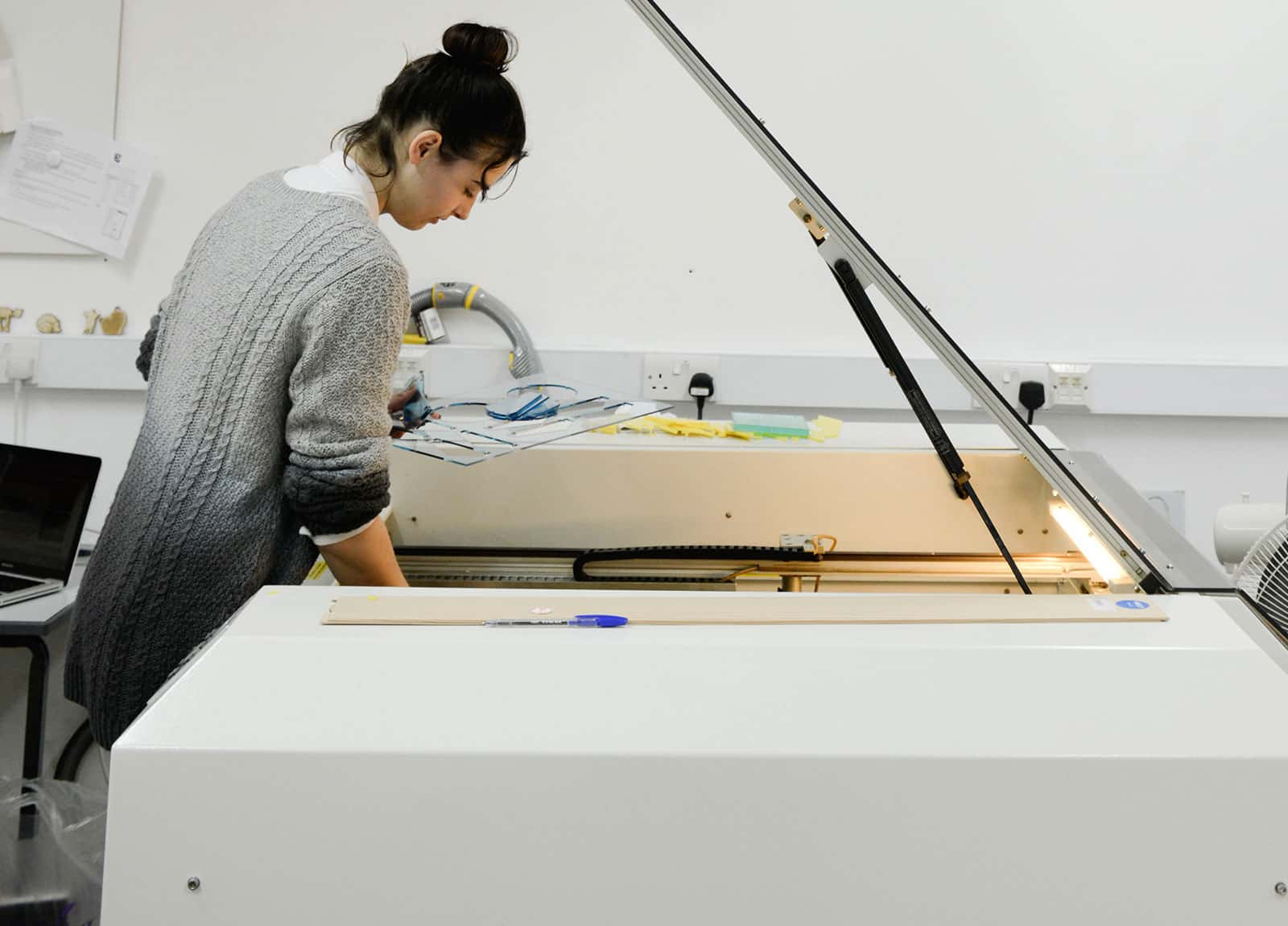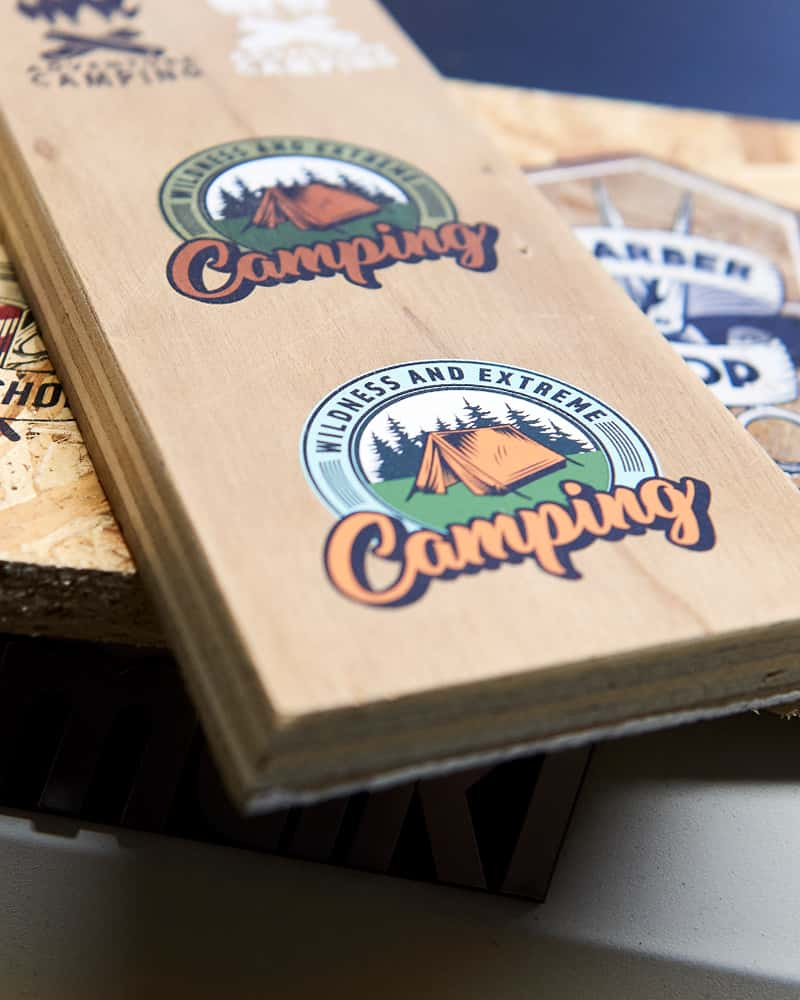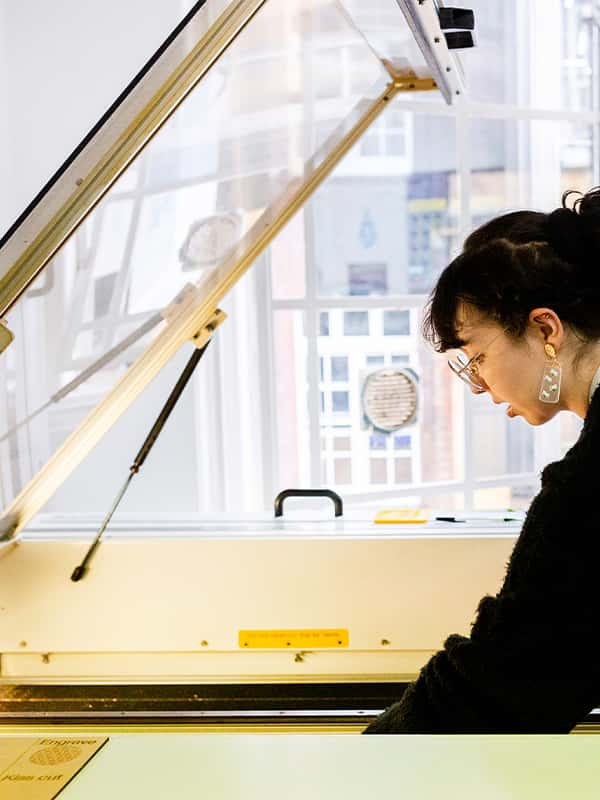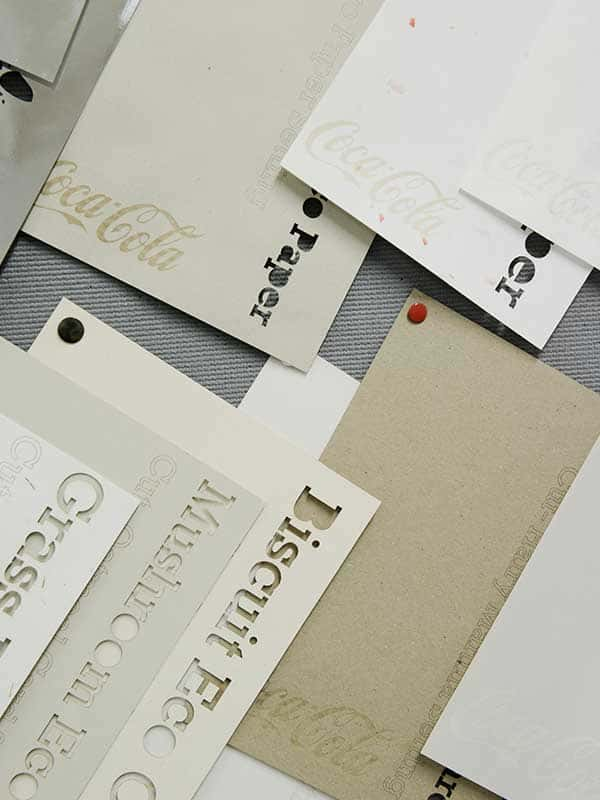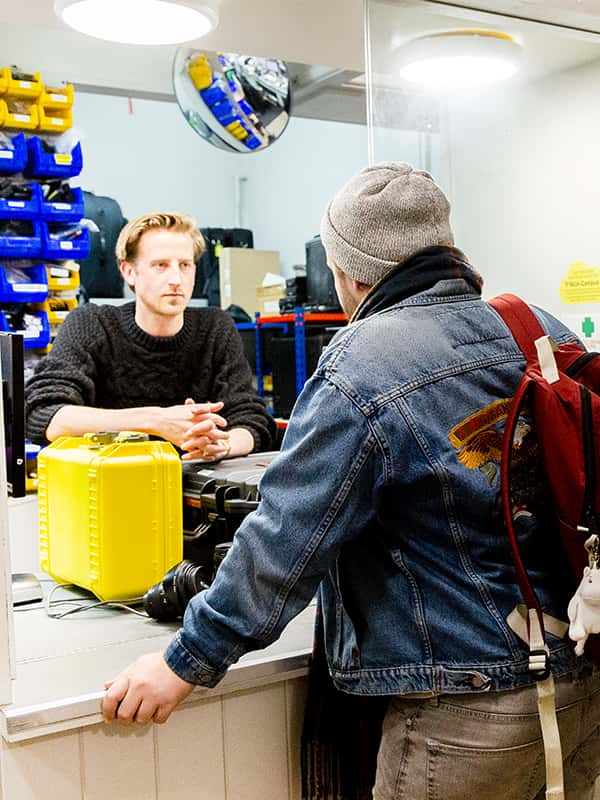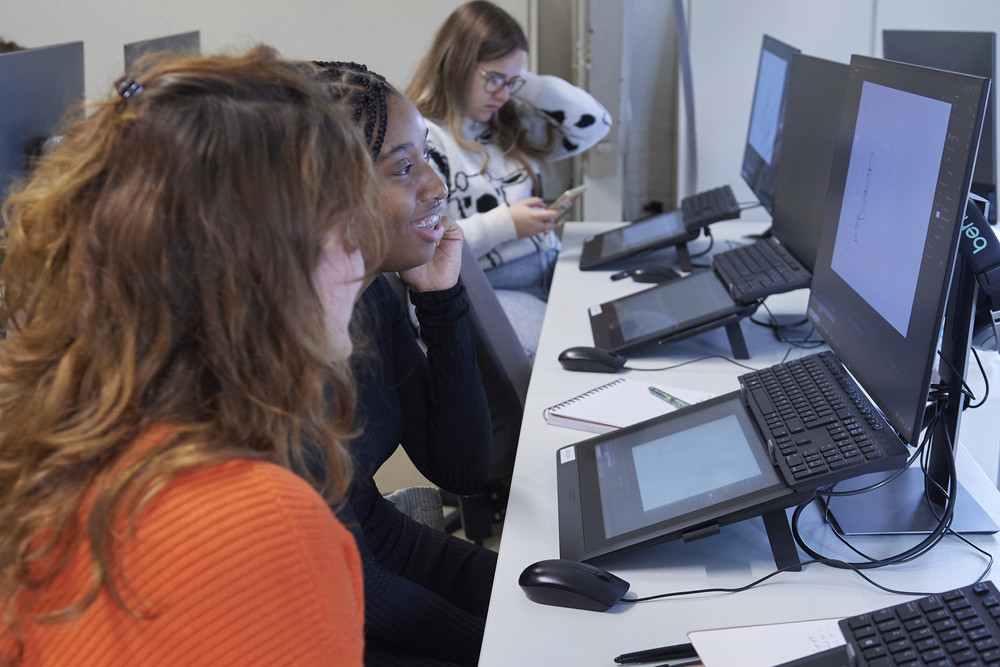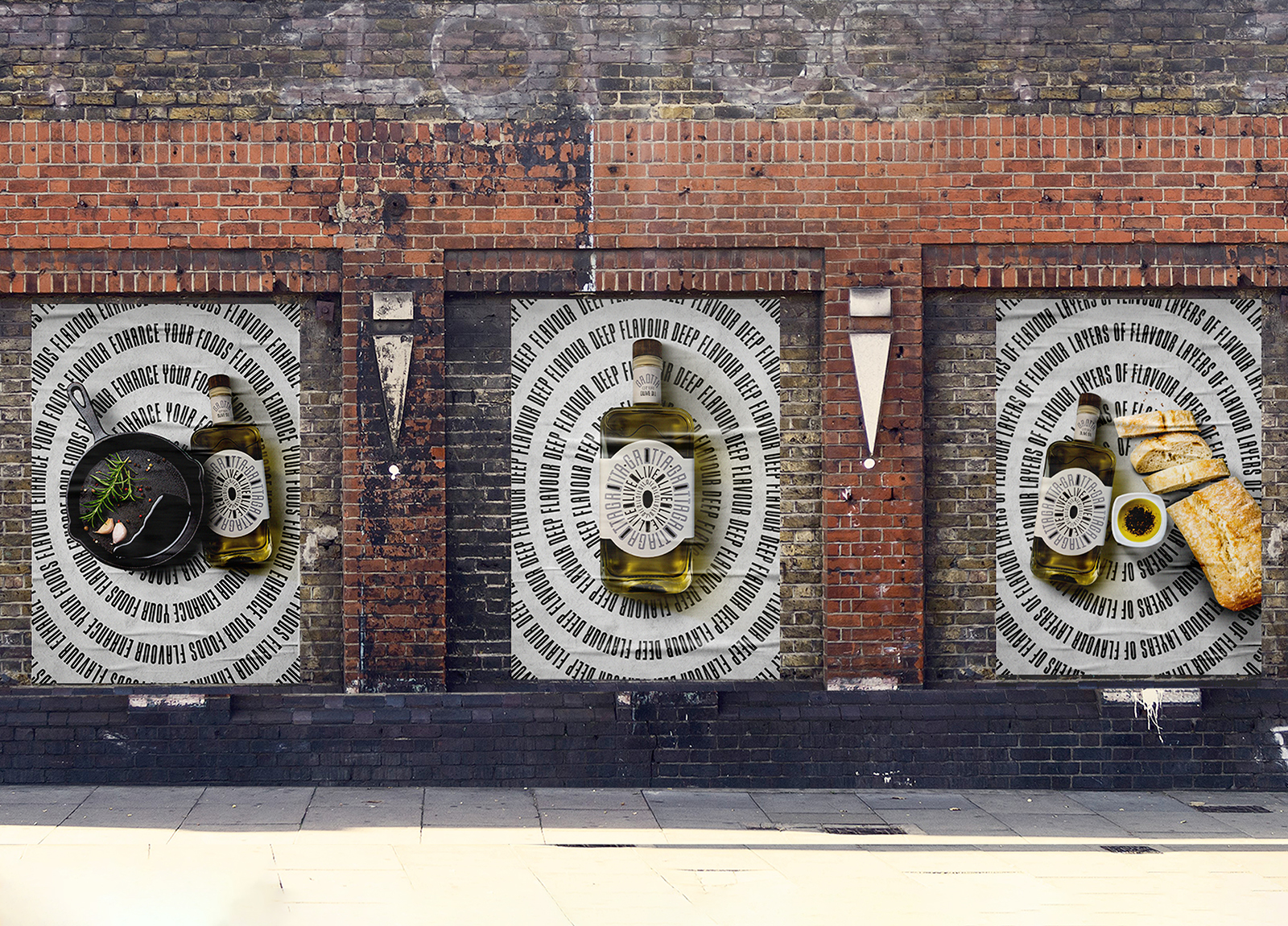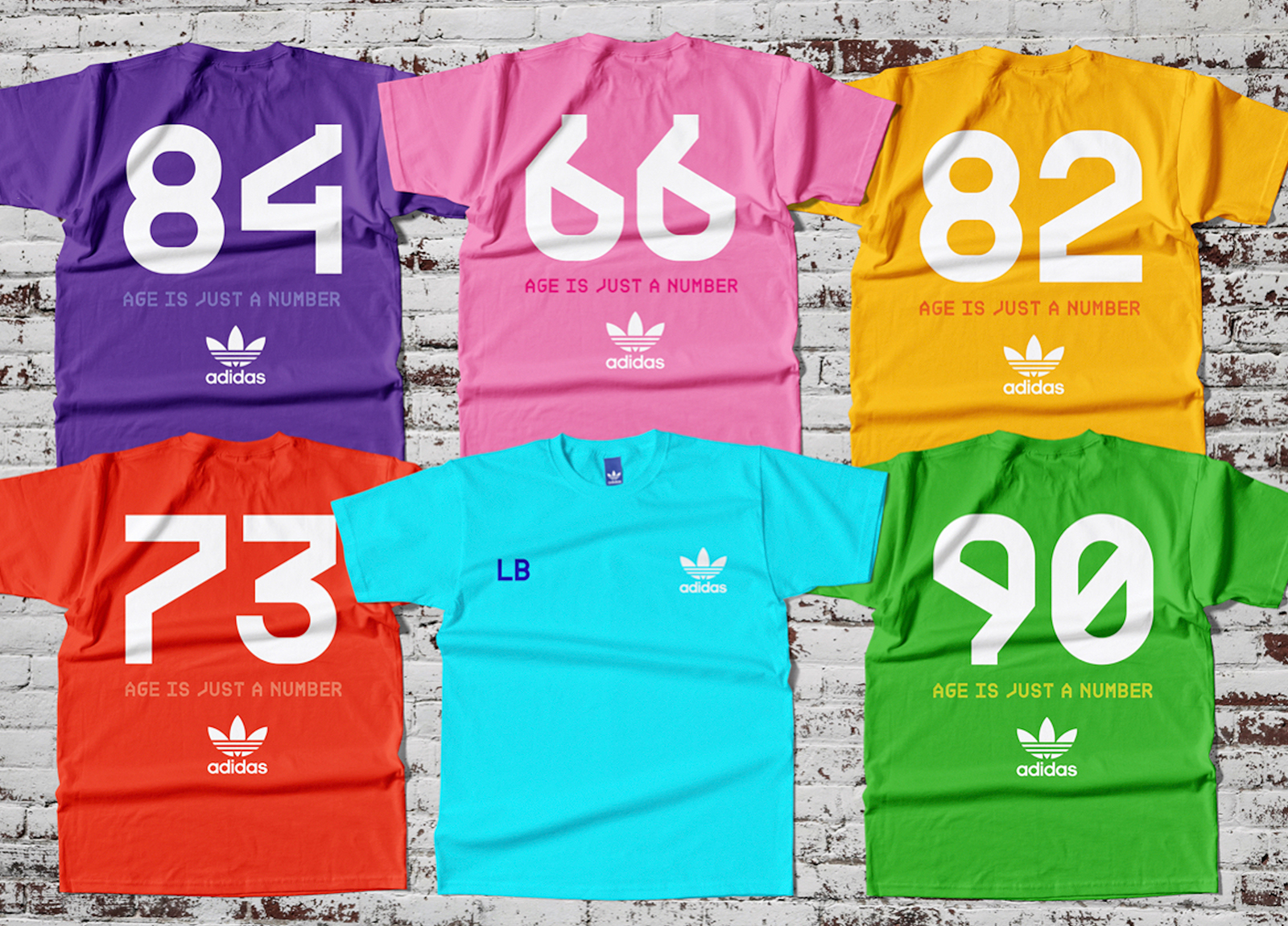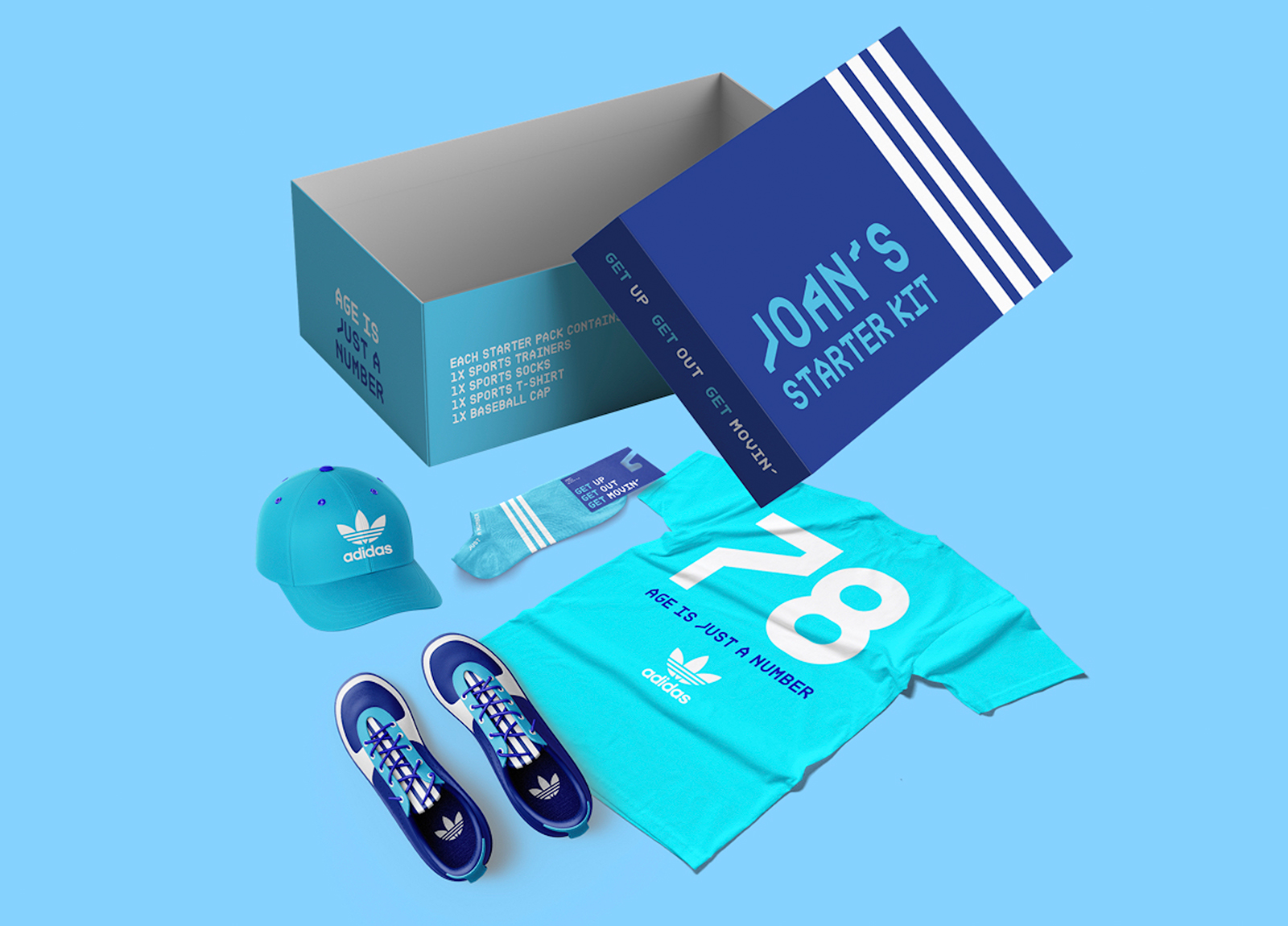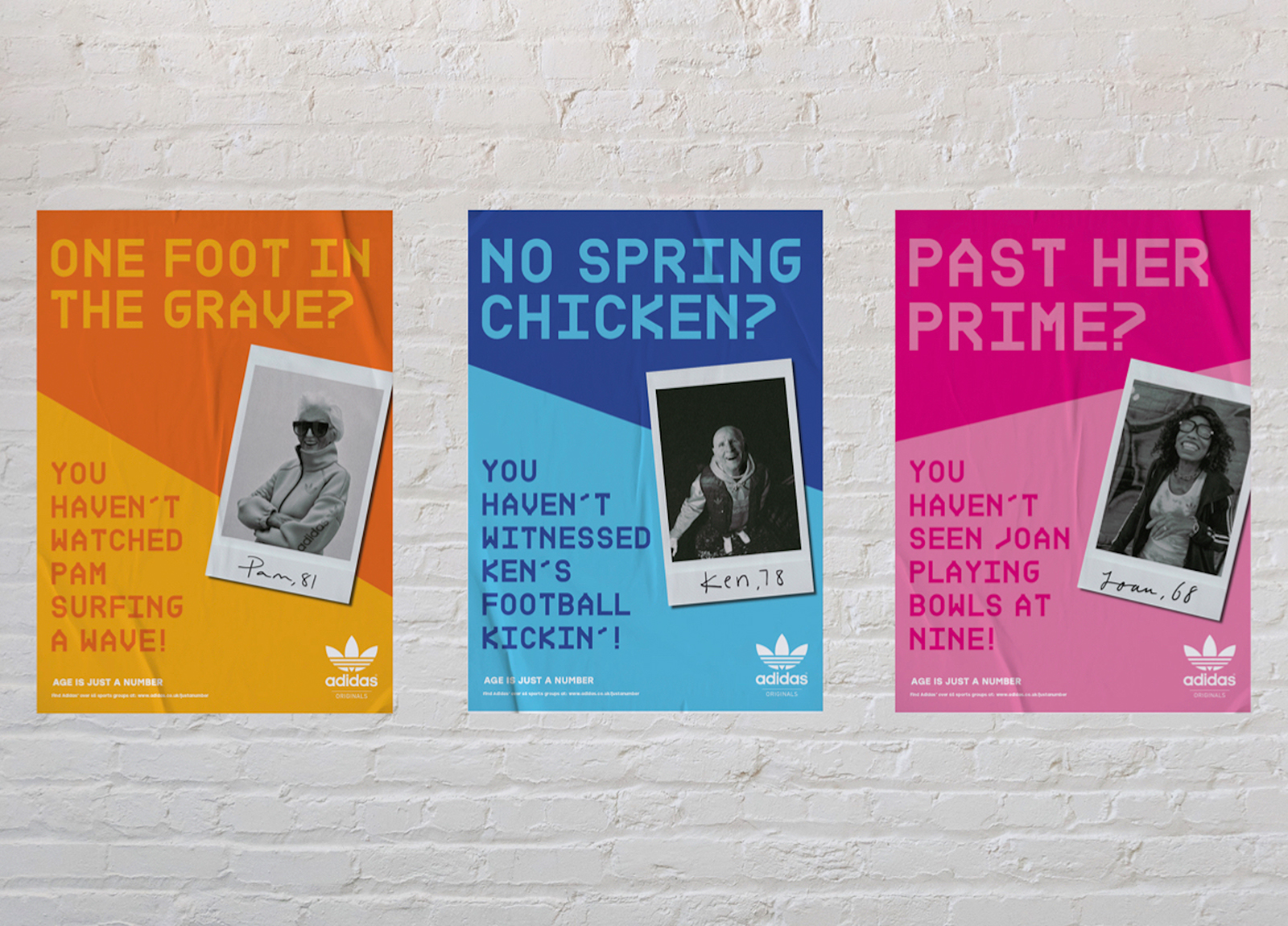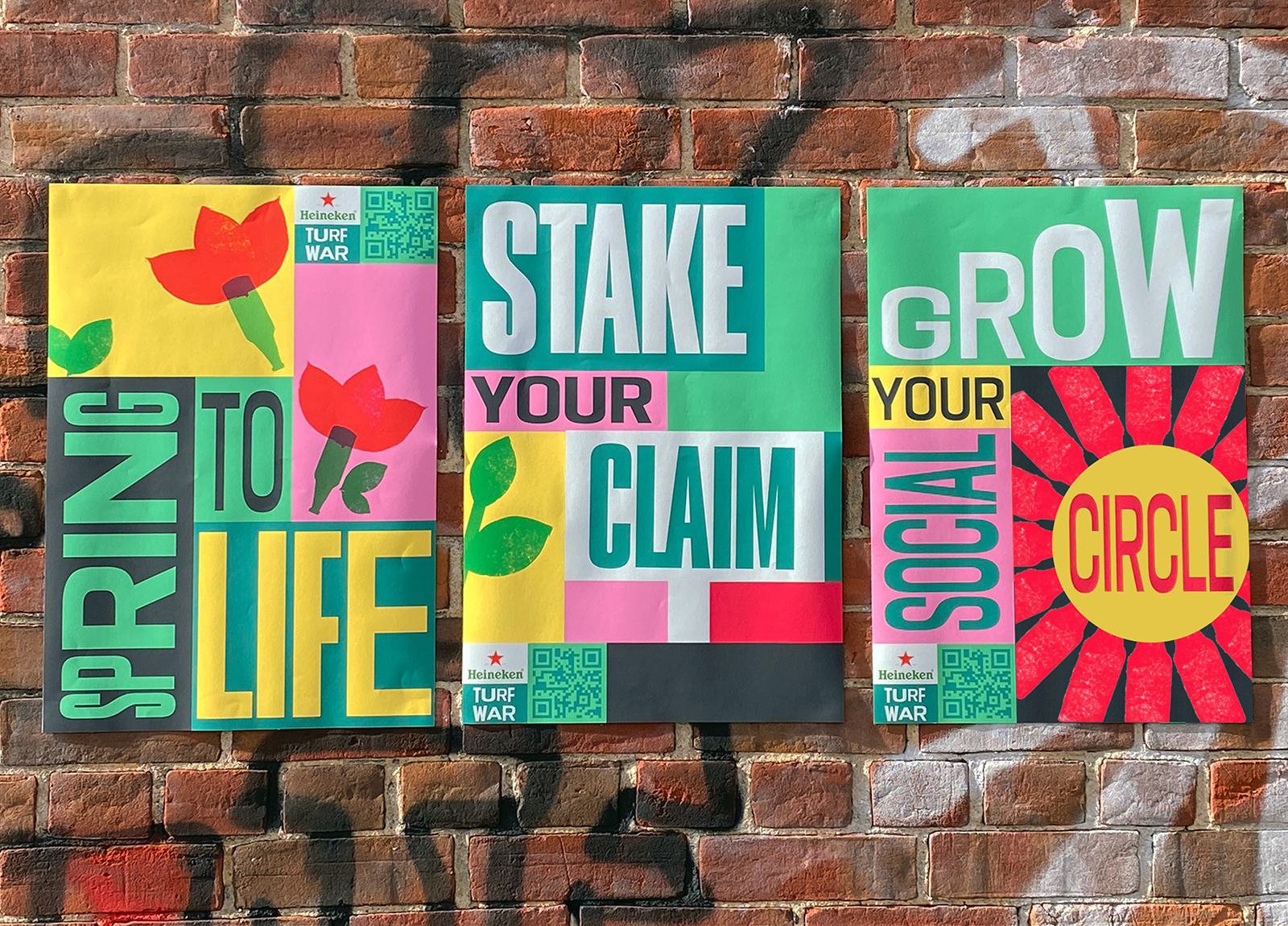
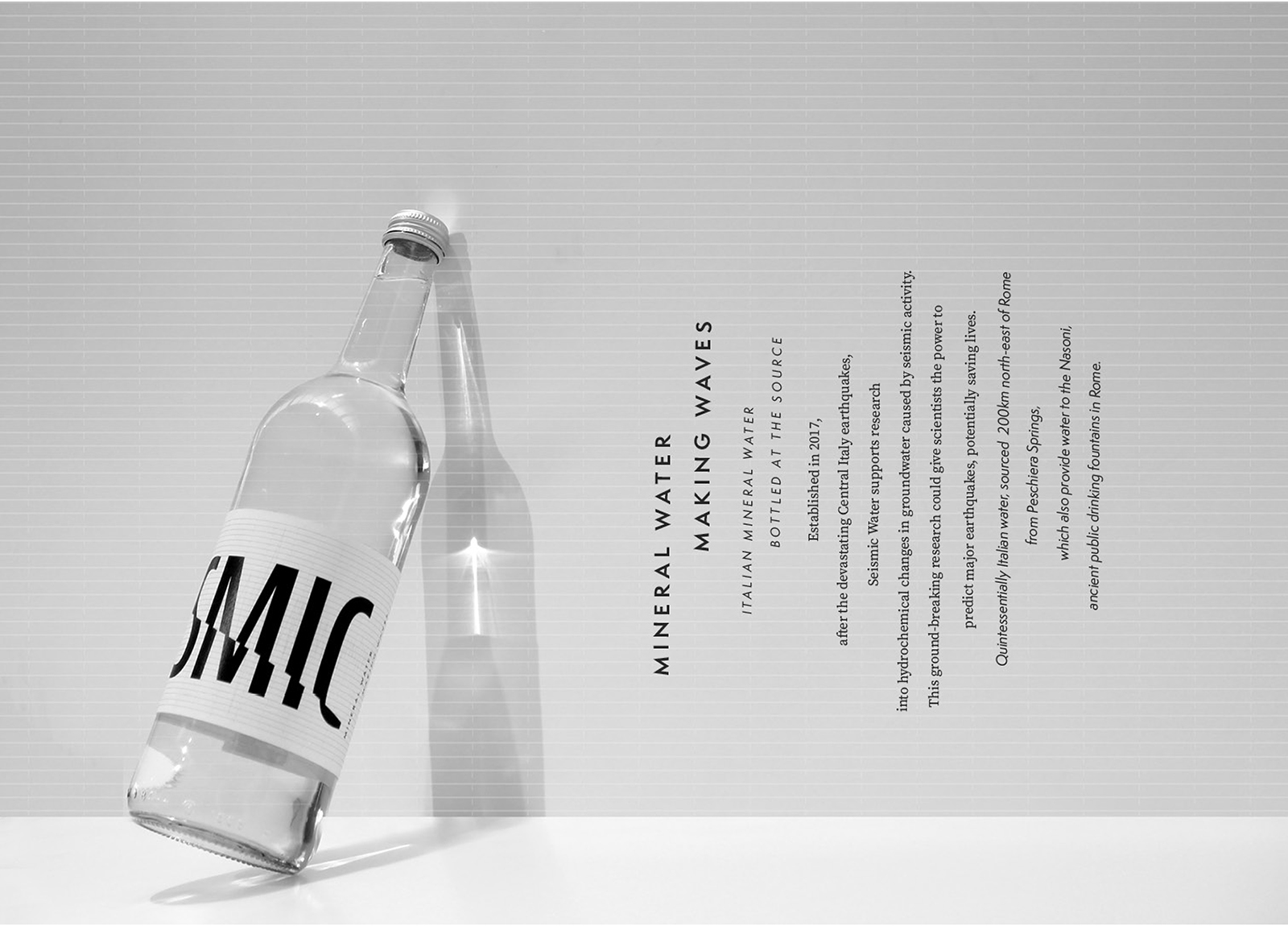
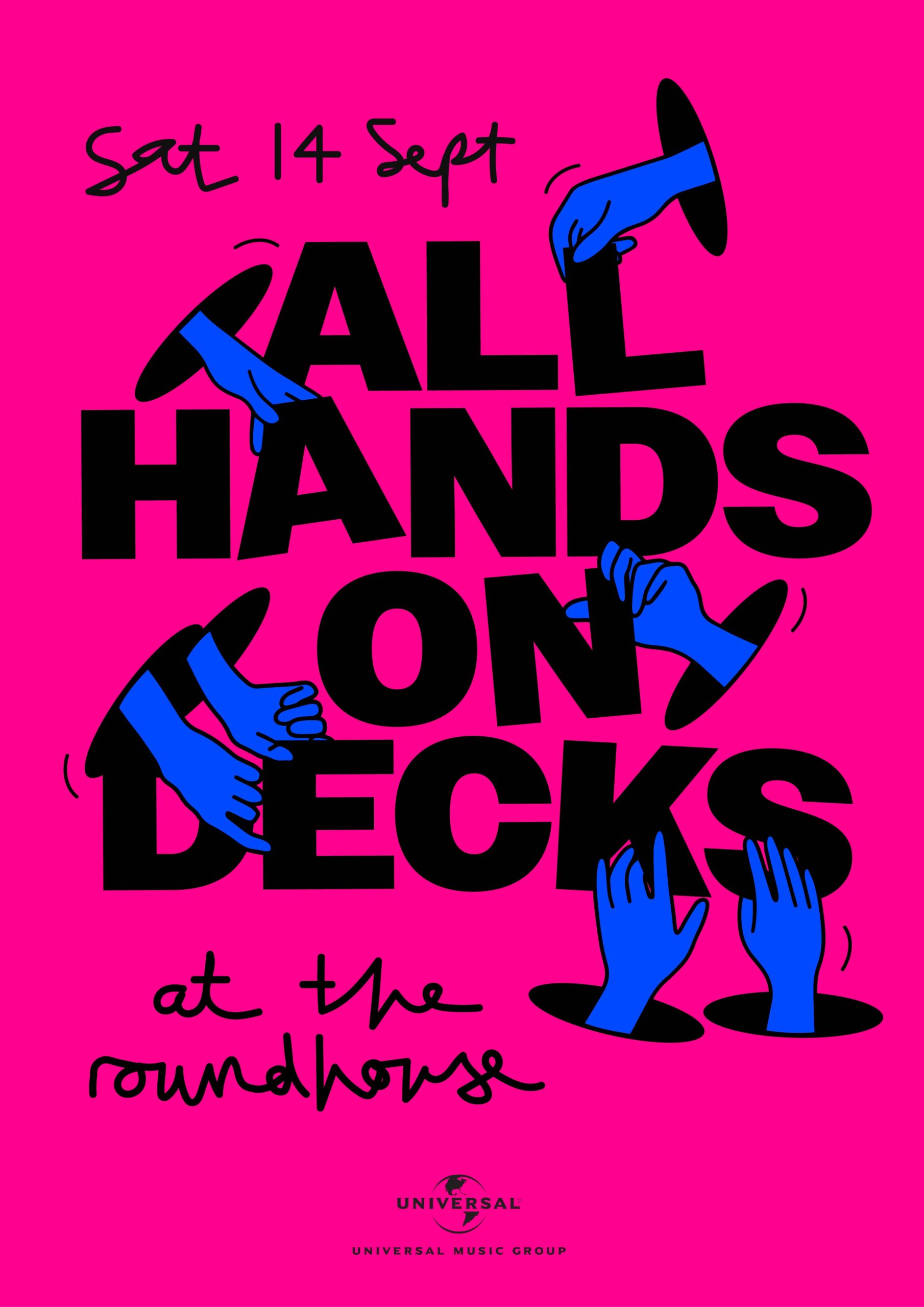
Graphic Design BA (Hons)
Be inspired to apply innovative and creative solutions to branding, packaging, and promotional design for commercial markets.
-
Course Duration
3 or 4 Year options
-
Course Options
- Diploma Year
- Intergrated Foundation Year
-
Typical Offer
104-120 UCAS Tariff Points
- How to Apply Request a prospectus
-
Annual Fees
- Home (full-time) £9,790
- Overseas (full-time) £18,860
-
UCAS code
- W210 (3 Year), W216 (4 Year)
- Institution code: N39
-
Course Start
September 2026
This course is highly respected in the industry for its contemporary and ideas-led approach, with a focus on branding, identity design and sustainable planet-friendly packaging. You’ll have the opportunity to work on a wide range of design problems, including brand promotion, editorial design and digital design, with an emphasis on creating multi-channel brand worlds for a range of businesses including brand creation for the premium food and drink industry, and cultural organisations. Typography, copywriting, imagery, print, motion design, materials and physical making are all integral to your projects and learning.
Why study with us
-
Share your first year with other graphics students, and continue to work alongside each other, allowing for a unique cross fertilisation of knowledge, skills and experience.
-
Develop skills in typography, printing, layout, photography, design research, idea generation, visual narrative and storytelling.
-
Learn technical skills in design-related digital software like InDesign, Photoshop and Illustrator, while exploring print, paper, materials, formats and handcraft/making skills.
-
Become adept at understanding and deciphering a brief, researching and generating ideas, problem-solving, developing the most successful concept and executing and presenting the final work.
-
Work with expert staff, all talented designers and educators, many are practising designers working with clients week in, week out.
-
Participate in workshops and classes run by external professionals, undertake project briefs initiated and taught by designers from industry, and enter national and international design competitions judged by the design industry.
Course Details
Course Details Introduction
Integrated Foundation Year (optional)
Integrated Foundation Year
Our Integrated Foundation Year is designed to equip students with the necessary skills, knowledge and confidence to thrive in their chosen degree subject. The course provides a comprehensive introduction to various disciplines, blending critical thinking and creative problem-solving with practical hands-on experience. This year serves as a bridge to undergraduate studies, allowing students to explore their interests within a supportive and inspiring environment, while familiarising themselves with the campus, workshops, and tutors.
Year 1
Core Units
Creative Learning (40 credits)
In the first year, the curriculum is shared across related graphics courses, enabling you to gain a broad grounding in the discipline before going on to specialist units in your chosen field in the second and third years. In your common first year, you will explore the fundamentals of design. With a focus on process, you will explore techniques, technologies, and research-inspired design as you work on individual and team projects. The course expands to cover a huge range of experimental processes, platforms, and technologies, meaning that you will build a strong portfolio demonstrating your design skills and innovative practice. This unit also introduces theories and ideas of design and visual culture and teaches you how to use them in your practical work.
40 credits
Explore and Experiment (80 credits)
In this unit, you will explore and experiment with techniques, materials, and media. You will explore the fundamental principles of visual communication and develop skills in typography, printing, layout, photography, design research, idea generation, and storytelling. You’ll learn technical skills in various design-related software, such as InDesign, Photoshop, Illustrator, Figma, and After Effects. You’ll be introduced to essential skills in organising and presenting complex data and information using typography, illustration, infographics, and wider graphic language, as well as how people view, process, and act on the wealth of visual information they receive every day.
80 credits
Core Projects
Wayfinding Week
The first week of each academic year is called Wayfinding week. It’s an opportunity get your bearings, establish new connections and, after your first year at Norwich, re-establish old ones. Your course team will talk you through the year ahead and explain the expectations for the year. We’ll help you navigate new encounters and identify areas to focus on as you progress through your course.
Make it Manifest(o)
An important element of Wayfinding Week is taking part in our annual ‘Make it Manifest(o)’ project. Your course team will introduce the project in which we’ll ask you to consider your hopes and vision of the year ahead at Norwich and work with students in other year groups to bring your ideas to life. The project culminates in a celebratory display of work across the campus. The project will help you to develop your critical creativity through different approaches, concepts, and mediums. You’ll encounter diverse perspectives and build friendships and networks within our university community.
Interchange Week
Interchange weeks are opportunities to step away from your disciplinary studies and engage in projects, workshops, visits and talks that extend your knowledge and understanding of the world. Whether you learn a new skill or take part in a global challenge project with students from other courses, you will come away with new insights to take back to your course. Interchange is part of the schedule for all Norwich students with sessions held across and beyond the campus led by university staff, visiting lecturers and students.
Year 2
Core Units
Global Contexts (80 credits)
This unit will develop your ability to creatively respond to graphic design challenges through real-world problem-solving exercises. You’ll work on a series of specialist live client projects and competition briefs that will give you the experience and confidence of working in a professional environment. Developing skills and knowledge of idea generation, typography, imagery, copywriting, motion, print, and making, are key areas of your study. This learning is supported by projects including branding, visual identity, packaging design, editorial design, image-making, design for social media and digital platforms, advertising, and promotional media. Throughout this unit you’ll explore materials and processes through making, folding experimenting with formats and specialist print finishing. You’ll develop a portfolio of work demonstrating your ability to document a design process, including evidence of design research, experimentation and exploration of design ideas, and appropriate presentation skills. You will also explore the historical and theoretical issues relating to graphic visual culture globally, helping you develop your own critical opinions about graphic design’s role in society.
80 credits
Collaboration (40 credits)
This unit focuses on how you work with your peers and clients to take ideas from concept to presentation to build your in-depth knowledge of the graphic design industry. You’ll learn how collaborative work can help you focus and enhance your creative thinking, exposing you to new processes and approaches. You’ll gain confidence exploring a range of skills, including teamwork dynamics, resilience, and adaptability, emphasising the value of alternative perspectives and consider the opportunities and challenges of collaborative work. You’ll build your knowledge in time and project management and your creative decision-making. Learning is supported through team tutorials with tutors and art directors from the publishing industry, and project development review meetings to produce physically printed/made 2D or 3D objects and digital assets such as animations, motion and interactive work. This is an opportunity to build a portfolio of work that reflects your interests, and identify your long-term plans.
40 credits
Core Projects
Wayfinding Week
The first week of each academic year is called Wayfinding week. It’s an opportunity get your bearings, establish new connections and, after your first year at Norwich, re-establish old ones. Your course team will talk you through the year ahead and explain the expectations for the year. We’ll help you navigate new encounters and identify areas to focus on as you progress through your course.
Make it Manifest(o)
An important element of Wayfinding Week is taking part in our annual ‘Make it Manifest(o)’ project. Your course team will introduce the project in which we’ll ask you to consider your hopes and vision of the year ahead at Norwich and work with students in other year groups to bring your ideas to life. The project culminates in a celebratory display of work across the campus. The project will help you to develop your critical creativity through different approaches, concepts, and mediums. You’ll encounter diverse perspectives and build friendships and networks within our university community.
Interchange Week
Interchange weeks are opportunities to step away from your disciplinary studies and engage in projects, workshops, visits and talks that extend your knowledge and understanding of the world. Whether you learn a new skill or take part in a global challenge project with students from other courses, you will come away with new insights to take back to your course. Interchange is part of the schedule for all Norwich students with sessions held across and beyond the campus led by university staff, visiting lecturers and students.
Diploma Year (optional)
Level 5 Diploma (120 credits)
Students have the opportunity to spend a year after the second of their degree (or the third year if studying for a degree with an Integrated Foundation Year) enhancing their employability options through a Level 5 Diploma. They can choose from courses designed to provide:
- opportunities to gain industry insight, developing employability skills through a series of supported experiences, expanding professional networks and building confidence in the workplace, or
- an introduction to creative computing, building an understanding of how coding skills can be used to advance and complement creative practice.
Final Year
Core Units
Research and Preparation (40 credits)
This is the first, and shorter, of the two units that make up your final year of undergraduate study. In this unit you are setting the agenda for your research and creative practice, which will help you begin to define your final portfolio and career goals. The focus in this unit is on research, experimentation, and development of your individual creative practice. You’ll undertake and initiate creative activities from a range of set projects and choose from competition briefs set by established professional bodies and client briefs. This will allow you to explore and experiment with a broad range of communication ideas, approaches to content, and materials, including analogue and digital outcomes. You’ll apply various research methods informed by your approach to your creative practice and future career aspirations. Due to the open and creative nature of the studio work, you will be encouraged to explore new processes and production methods relevant to the communication of your ideas. The Graphics Talk programme will allow you to network with industry leaders and participate in national and international competitions.
40 credits
Resolution and Career Development (80 credits)
Your final unit allows you to research, conceptualise, and create a self-determined final-year project(s), building on the skills, knowledge and understanding you have gathered throughout the programme. You’ll consider your creative route and receive expert guidance towards completing your chosen project(s). The unit focuses on reinforcing the process of applied theories, fundamentals, and principles particular to branding, visual identity, packaging design, editorial design, image-making, design for social media and digital platforms, advertising, and promotional media to support your transition from student to designer. There are opportunities to engage in national and internationally recognised student design competitions judged by the design industry, as well as live project briefs (internal and external) taught by designers from the industry. Through the weekly Graphics Talk programme and regular tutorials with industry, you’ll get to meet and network with established and respected practitioners and discuss your work and portfolio with visiting lecturers. You’ll have the opportunity to display your final year project as part of our degree show, Grad Fest, which allows you to showcase your work to our network of industry professionals and prospective employers.
80 credits
Core Projects
Wayfinding Week
The first week of each academic year is called Wayfinding week. It’s an opportunity get your bearings, establish new connections and, after your first year at Norwich, re-establish old ones. Your course team will talk you through the year ahead and explain the expectations for the year. We’ll help you navigate new encounters and identify areas to focus on as you progress through your course.
Make it Manifest(o)
An important element of Wayfinding Week is taking part in our annual ‘Make it Manifest(o)’ project. Your course team will introduce the project in which we’ll ask you to consider your hopes and vision of the year ahead at Norwich and work with students in other year groups to bring your ideas to life. The project culminates in a celebratory display of work across the campus. The project will help you to develop your critical creativity through different approaches, concepts, and mediums. You’ll encounter diverse perspectives and build friendships and networks within our university community.
Interchange Week
Interchange weeks are opportunities to step away from your disciplinary studies and engage in projects, workshops, visits and talks that extend your knowledge and understanding of the world. Whether you learn a new skill or take part in a global challenge project with students from other courses, you will come away with new insights to take back to your course. Interchange is part of the schedule for all Norwich students with sessions held across and beyond the campus led by university staff, visiting lecturers and students.
Download course specifications
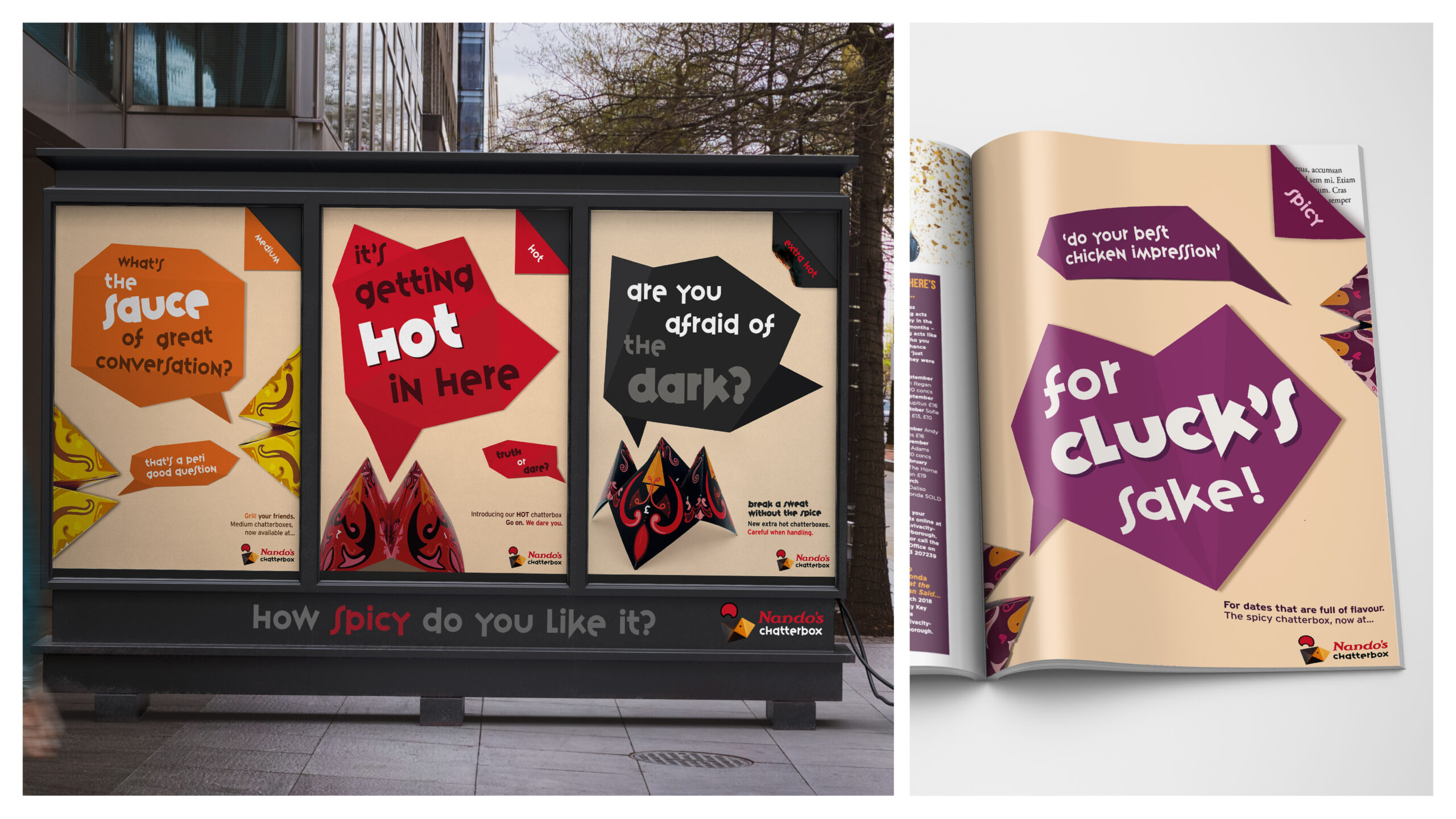
Learning and teaching
This course is taught through a mixture of learning and teaching methods including:
-
Group briefings
-
Academic tutorials
-
Group tutorials
-
Workshops
-
Critiques (crits)
-
Seminars
-
Lectures
Assessment
Assessment for this course is entirely coursework-based, meaning there are no exams. Your progress will be evaluated through the projects and assignments you complete for each unit. Throughout the year, you’ll receive ongoing feedback to help you refine your work and develop your skills. To support your learning and ensure you achieve the course outcomes, we use a variety of assessment methods, including:
- Finished pieces of work
- Presentations
- Written work
- Your research
- A reflective journal
Some of the people you’ll be working with
- Showing 1-8 of 9 results
-
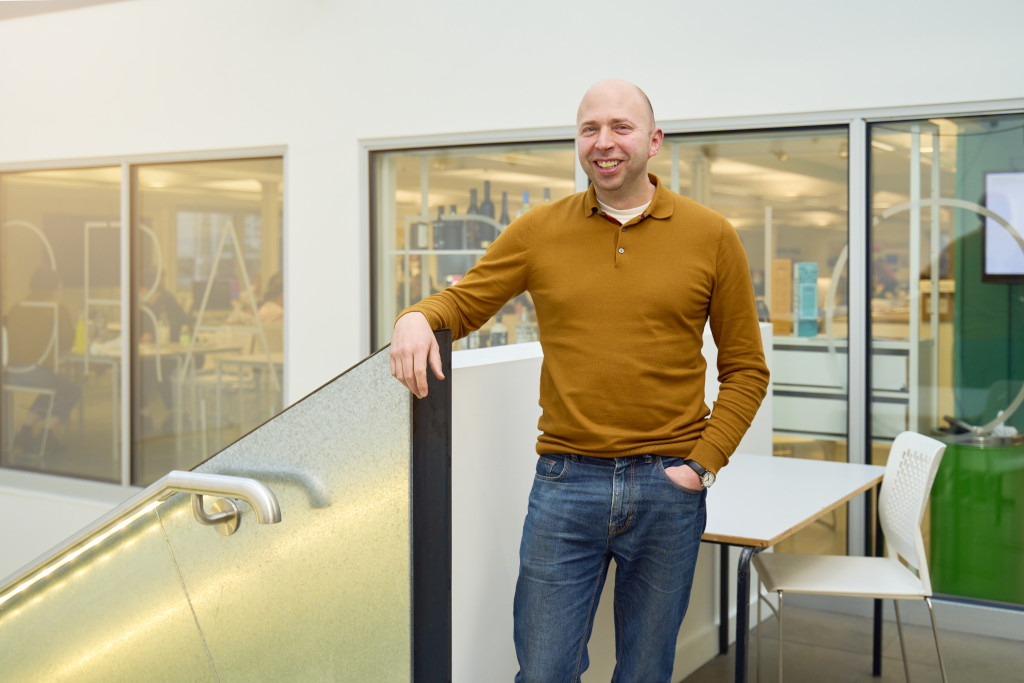
Martin Schooley
Director of Communication Design
-
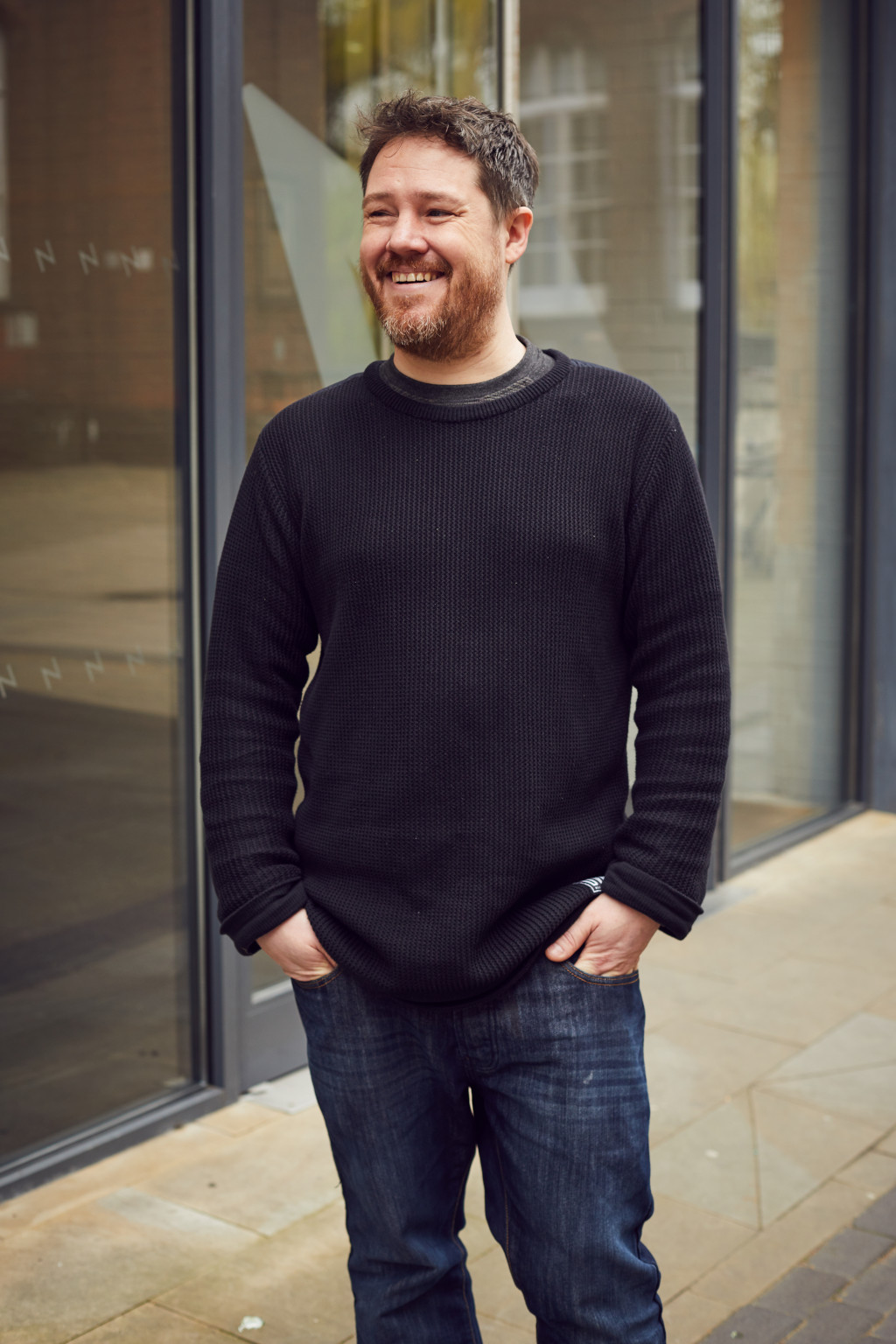
Dave Watson
Course Leader, Graphic Communication and User Experience Design
-
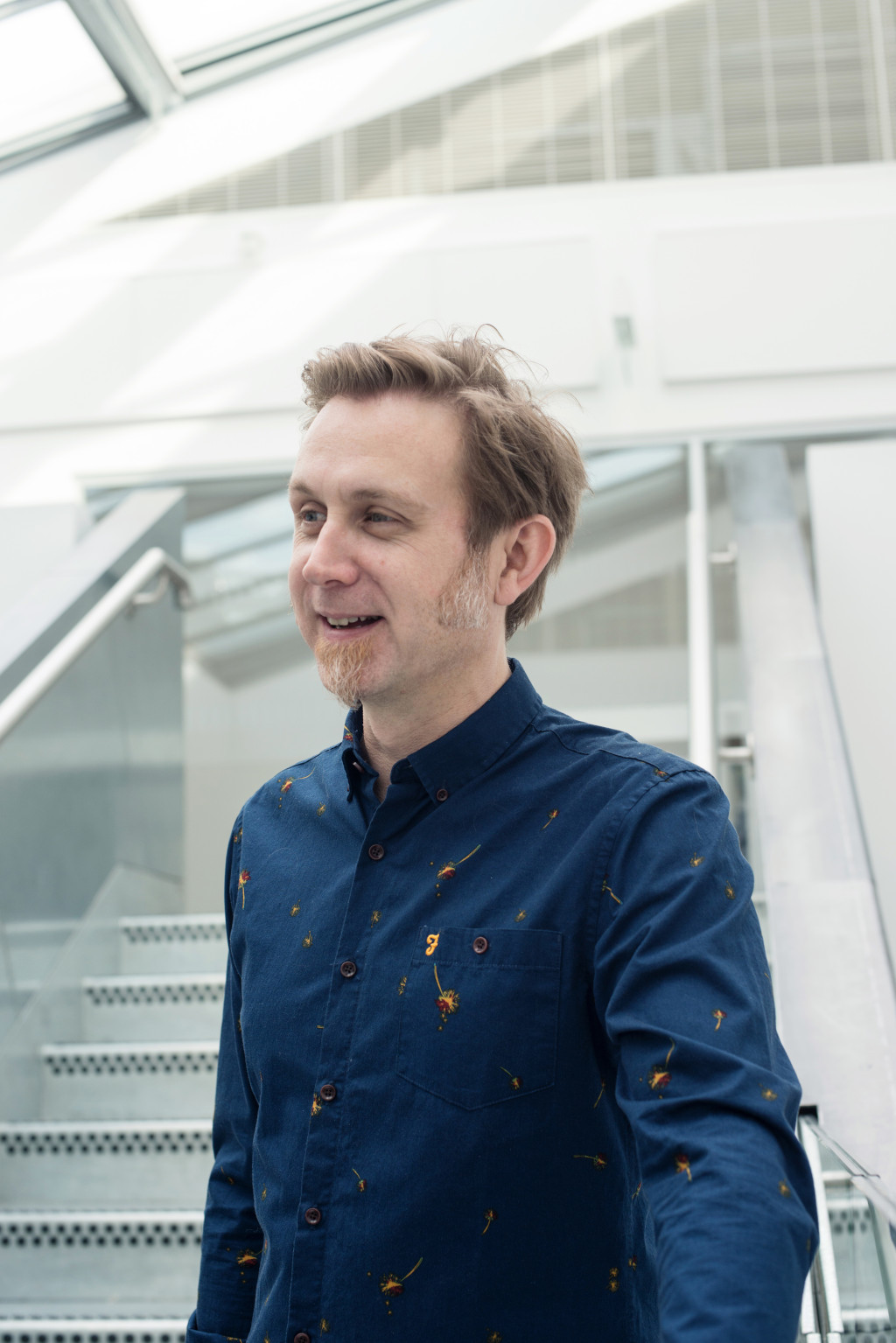
Glen Robinson
Course Leader, Design for Publishing and Graphic Communication
-
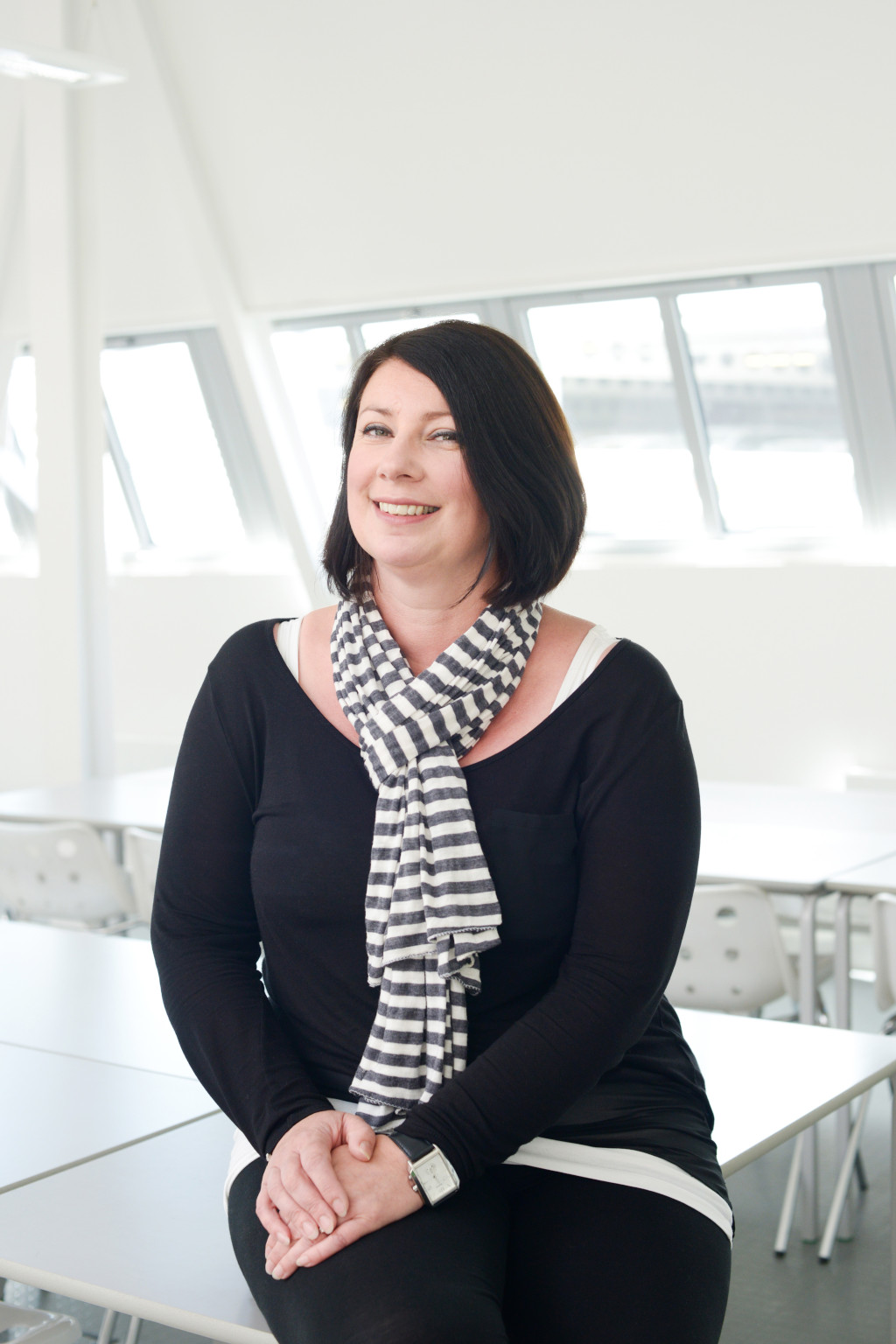
Gill Johnson
Senior Lecturer
-
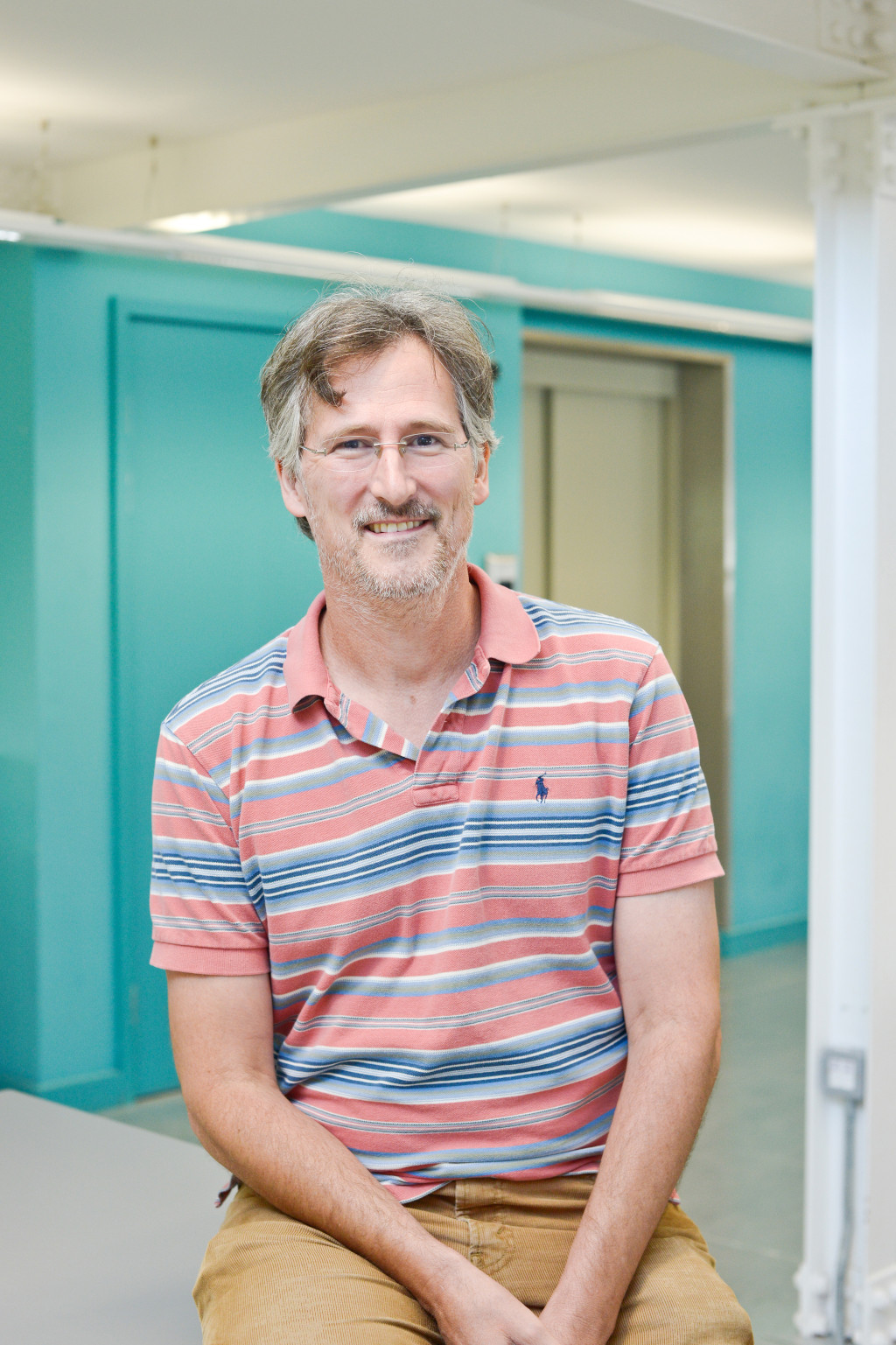
Dr Nicolas P Maffei
Senior Lecturer
-
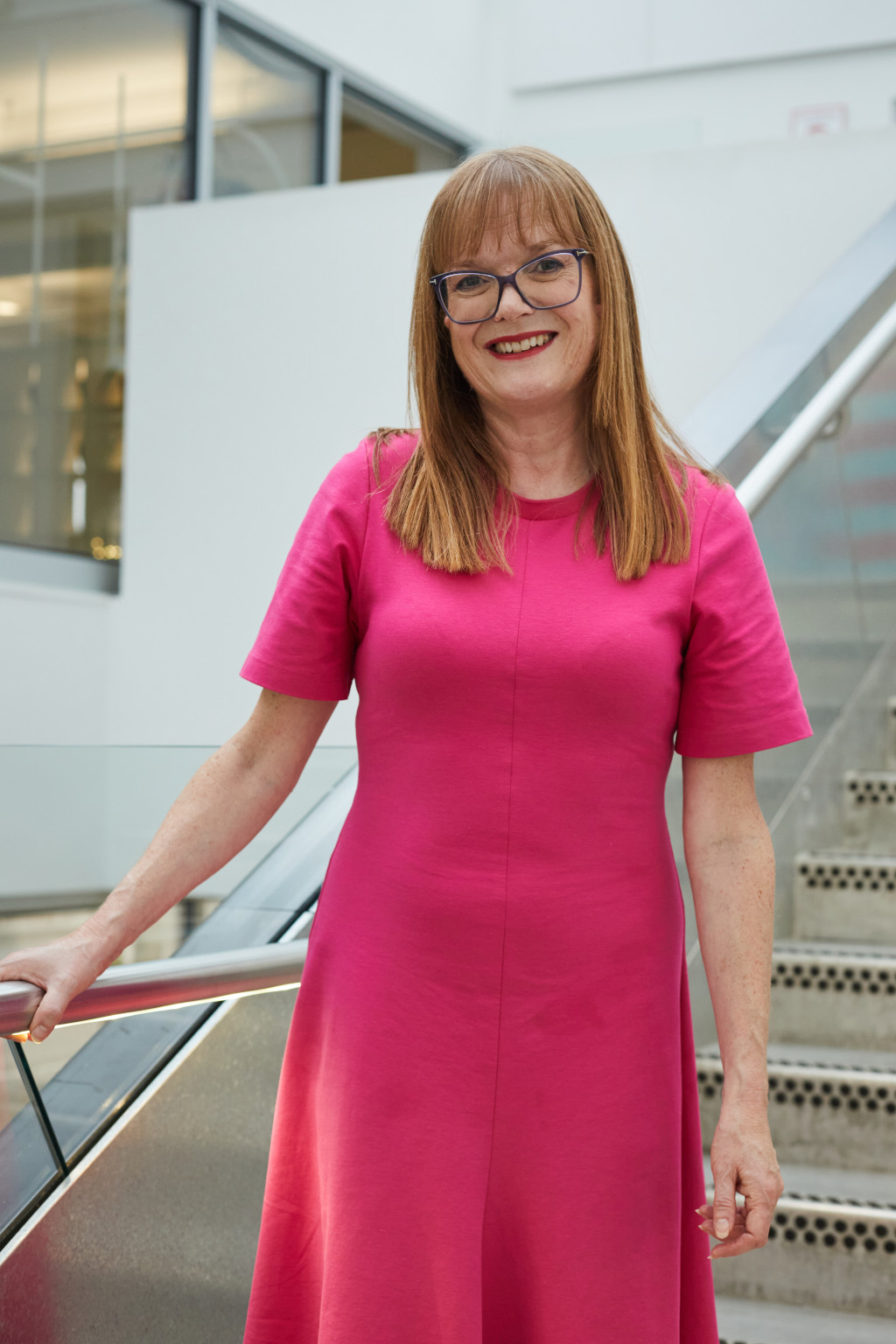
Lucy Blazey
Subject Leader
-
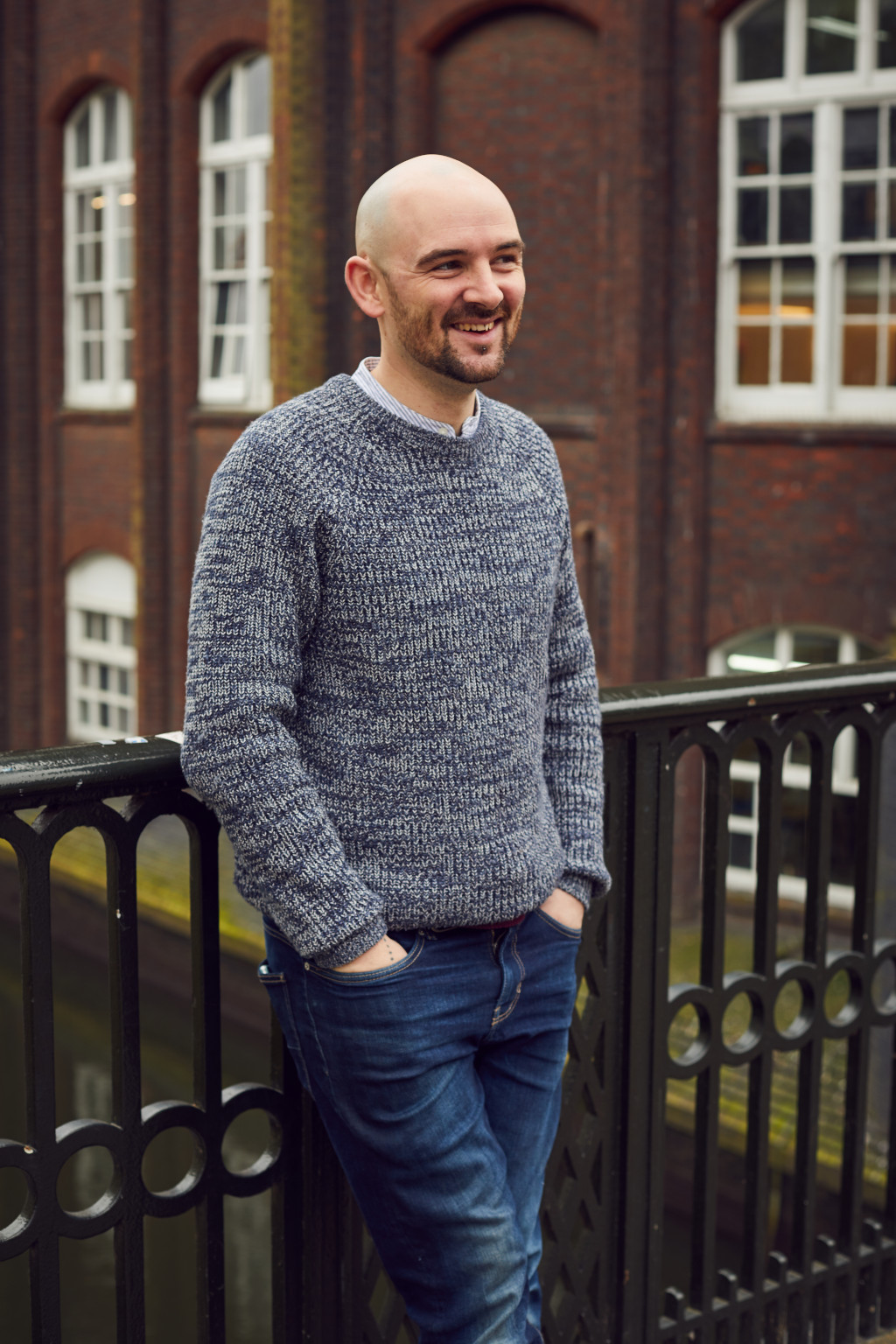
Jamie Johnstone
Lecturer
-
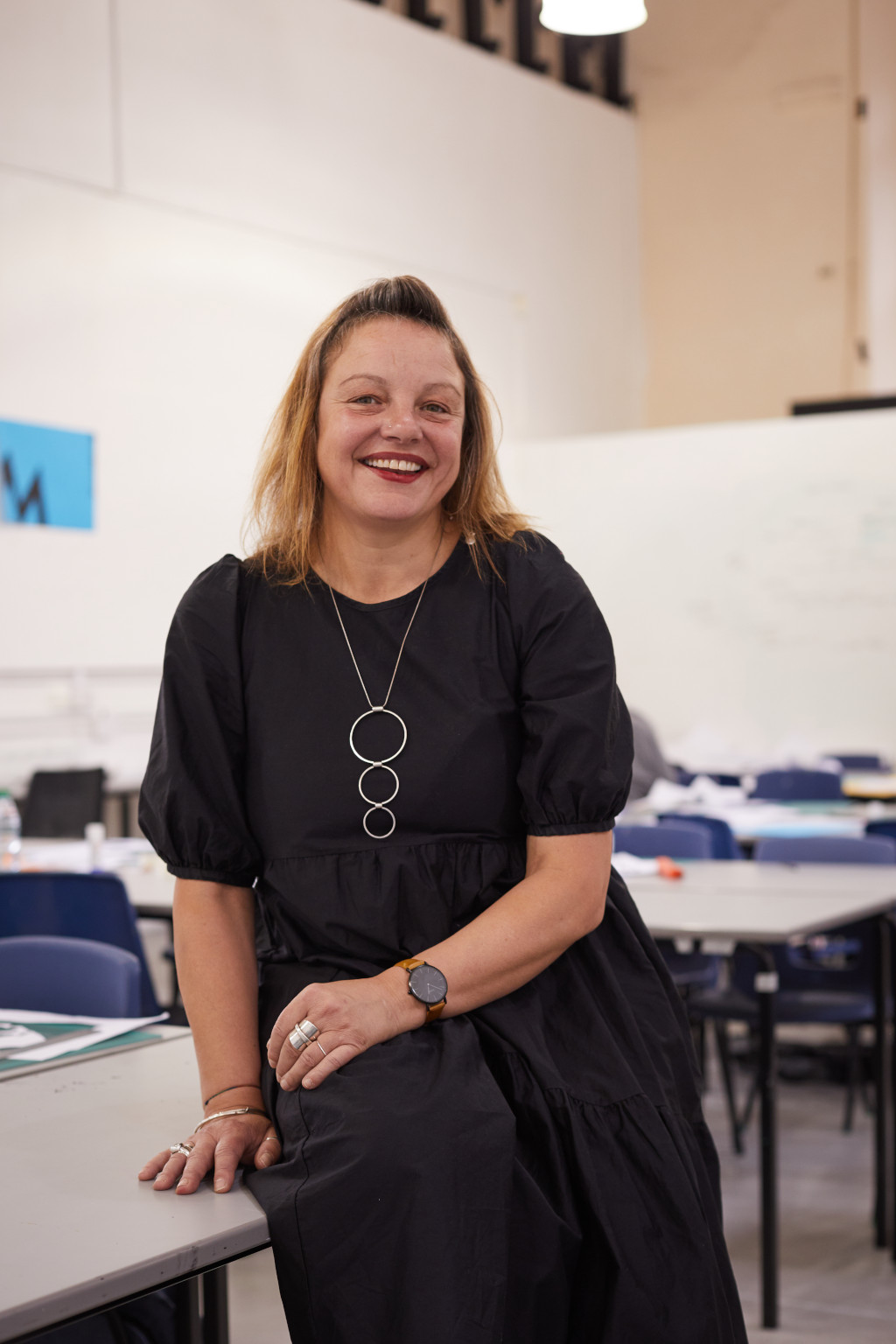
Rachael Smith
Lecturer
Our Facilities
Look around our city-centre campus, and you will find studios, media labs, and creative spaces in 13 buildings that sit among the cafés, bars, independent galleries and shops of Norwich’s cultural quarter.
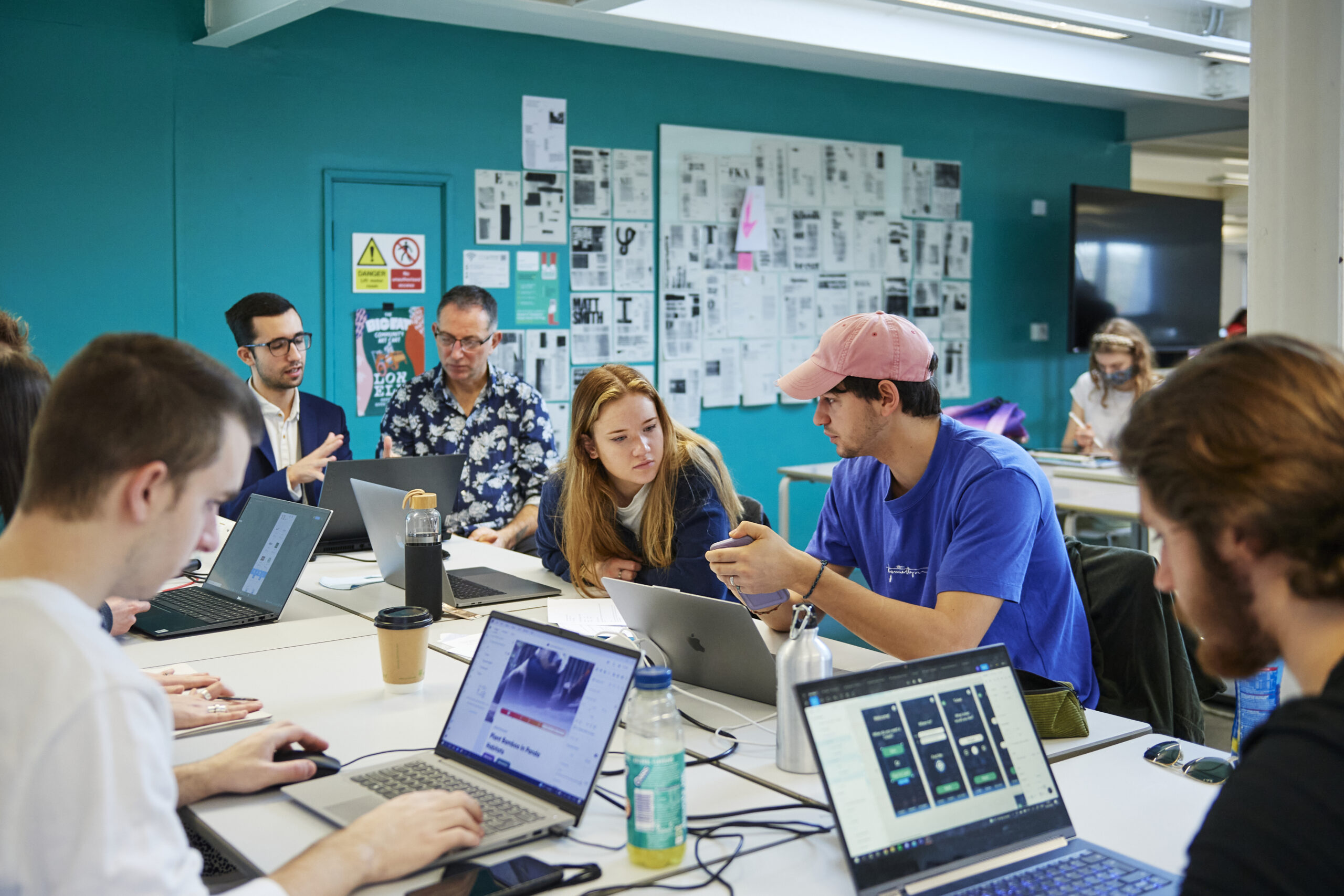
Typical career paths
Our course provides a range of employment-focused tools, allowing you to develop a professional portfolio and gain a strong sense of your career aspirations. Graduates have achieved great success, receiving multiple awards from prestigious competitions such as D&AD New Blood Awards, Pentawards (global packaging community), Creative Conscience and many agency-led competitions, leading to direct access to the design industry.
Graduates have found employment at some of the most prestigious global design agencies including Turner Duckworth, JKR, Magpie, Ted Baker, Design Bridge & Partners, Pearlfisher, Accept & Proceed, Mucho (San Francisco), Bulletproof, Ragged Edge, Pentagram, NB Studio, Elmwood and many, many more.
- Junior designer
- Graphic designer
- Packaging designer
- Creative director
- Branding designer
- Editorial designer
- Brand strategist
- Copywriter
- Marketing creative
- Photographer
- Website/app designer
- Printmaker/printer
- Teacher
- University lecturer
- Social media creator
- Digital entrepreneur
- Art director
“92% of our graduates are in employment or further education within six months of graduating”
Graduate Outcomes 2021
Entry requirements
Home
Norwich University of the Arts welcomes applicants of all ages from all backgrounds.
If the qualification that you are studying is not shown, do not worry as we are able to accept other pre-entry qualifications as well as combinations of different qualifications.
Please do contact our Student Recruitment Team if you have any queries.
A/AS Levels (GCE)
GCE A/AS Levels 3 A-level qualifications at grades BCC (104 UCAS Tariff points) or above. Where candidates are not taking 3 A-levels, Norwich University of the Arts will consider combinations of A-level/AS-level and other Level 3 qualifications.
BTEC Extended Diploma (QCF or RQF)
Distinction, Merit, Merit in an art, design or media related subject
BTEC Diploma (QCF or RQF)
Distinction*, Distinction* in an art, design or media related subject
T Levels
A T Level in any subject with overall grade A* to C (Pass)
UAL Extended Diploma
Merit
UAL Level 3 Foundation Diploma in Art and Design
Pass
UAL Level 4 Foundation Diploma in Art and Design
Pass
Foundation Diploma in Art and Design
Pass
Access to Higher Education Diploma (Art and Design)
Pass
International Baccalaureate Diploma
A minimum of 26 points
Integrated foundation year (optional)
Norwich University of the Arts welcomes applicants of all ages from all backgrounds.
If the qualification that you are studying is not shown, do not worry as we are able to accept other pre-entry qualifications as well as combinations of different qualifications.
Please do contact our Student Recruitment Team if you have any queries.
A/AS Levels (GCE)
GCE A/AS Levels 2 A-level qualifications at grades CC (64 UCAS Tariff points) or above.
BTEC Extended Diploma (QCF or RQF)
Merit, Merit, Pass in an art, design or media related subject
BTEC Diploma (QCF or RQF)
Distinction*, Merit in an art, design or media related subject
T Levels
Pass (D or E on the core)
UAL Extended Diploma
Pass
UAL Level 3 Foundation Diploma in Art and Design
Pass
UAL Level 4 Foundation Diploma in Art and Design
Pass
Foundation Diploma in Art and Design
Pass
International Baccalaureate Diploma
A minimum of 26 points
Overseas
We accept qualifications from all over the world.
To find our entry requirements from a specific country, please check our dedicated international pages.
English language qualifications
Most international students are required to hold an English language qualification. Applicants are required to have a minimum UKVI approved IELTS exam score of 6.0 overall, with a minimum of 5.5 in each section. Equivalent English language qualifications are acceptable such as, IB English language syllabus A or B/English Literature (Grade 4).
We also accept some alternative English qualifications. Learn more about our English entry requirements.
You can email us on international@norwichuni.ac.uk if you’d like to discuss your application individually.
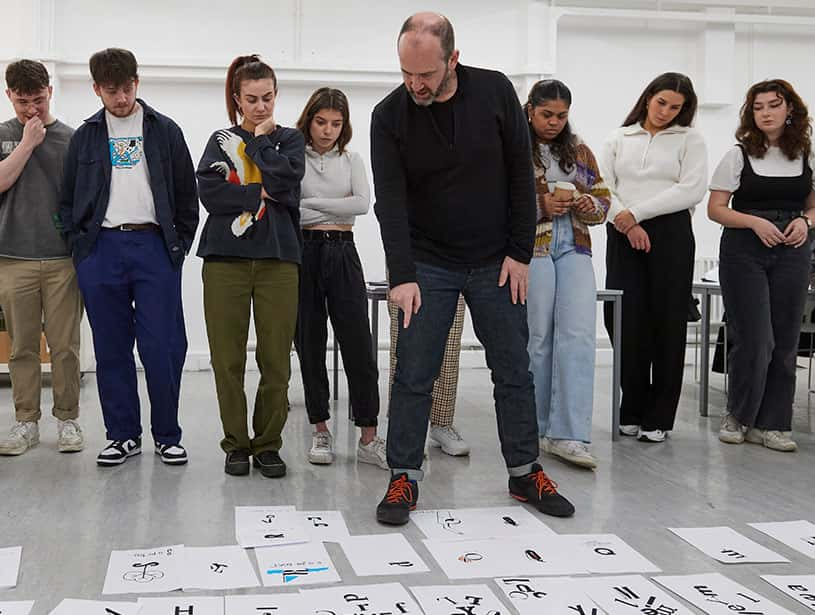
Fees and funding
Home
Tuition fees for the 2026/27 academic year
- BA course (three year): £9,790 per year
- Integrated Foundation Year (optional): £9,790 per year
- Level 5 Diploma Year (optional): £9,790 year
The level of fee that you will be asked to pay depends on whether you’re classed as a UK (home) or international student. Check your fee status.
Fees for subsequent years
Tuition fees may increase in subsequent years in line with inflation, subject to government regulations. The inflation rate used is expected to be the Retail Price Index excluding mortgage payments (RPIX). We would confirm this in advance to you of each academic year.
Find our more about fees and funding
Funding your study
Depending on your circumstances, you may qualify for a bursary, scholarship or loan to help fund your study and enhance your learning experience.
International
Tuition fees for the 2026/27 academic year
- BA course (three year): £18,860
- Integrated Foundation Year (optional): £18,860
- level 5 Diploma year (optional): £18,860
The level of fee that you will be asked to pay depends on whether you’re classed as a UK (home) or international student. Check your fee status.
Fees for subsequent years
For Overseas students starting in 2026 inflation will be applied to your fees in later years. We will confirm this in advance to you of each academic year, and we will limit the increase to no more than the Office for Students’ recommended inflationary measure.
Find our more about fees and funding
Funding your study
Please take a look at our International students page for information about fees, scholarships for international students, visas and much more.
Additional costs
Your course fees cover the cost of studies, and include loads of benefits, such as the use of our library, support from our expert employability team, access to workshops and free use of the IT equipment across our campuses. There are also other costs which you may need to consider.
How to apply
Home
All applications for undergraduate courses will need to be made via the Universities and Colleges Admissions Service (UCAS).
You’ll need our university UCAS code (N39) as well as your course code which you’ll find on your course page.
When you register with UCAS you will need include your previous and current qualifications information, personal statement, and reference.
Once we receive your application form through UCAS, we will email confirmation that we have received it and will give you access and instructions for logging into the applicant portal. Our decision will be communicated via UCAS.
Applying for an undergraduate degreeInternational
Full-time Undergraduate International applicants can either apply via UCAS or directly by completing the online application form below or emailing the downloadable form to ioadmissions@norwichuni.ac.uk
Online Application Form (opens in a new window)For further support for international applicants applying for an undergraduate degree view our international pages.
-
Emma Smith
Graphic Design BA (Hons)
Jack Shorter
Graphic Design BA (Hons)
Thomas Simms
Graphic Design BA (Hons)
Jack Easterbrook
Graphic Design BA (Hons)
Eoin O’Kramer
Graphic Design BA (Hons)
Lois Brandon
Graphic Design BA (Hons)

Latest news
-
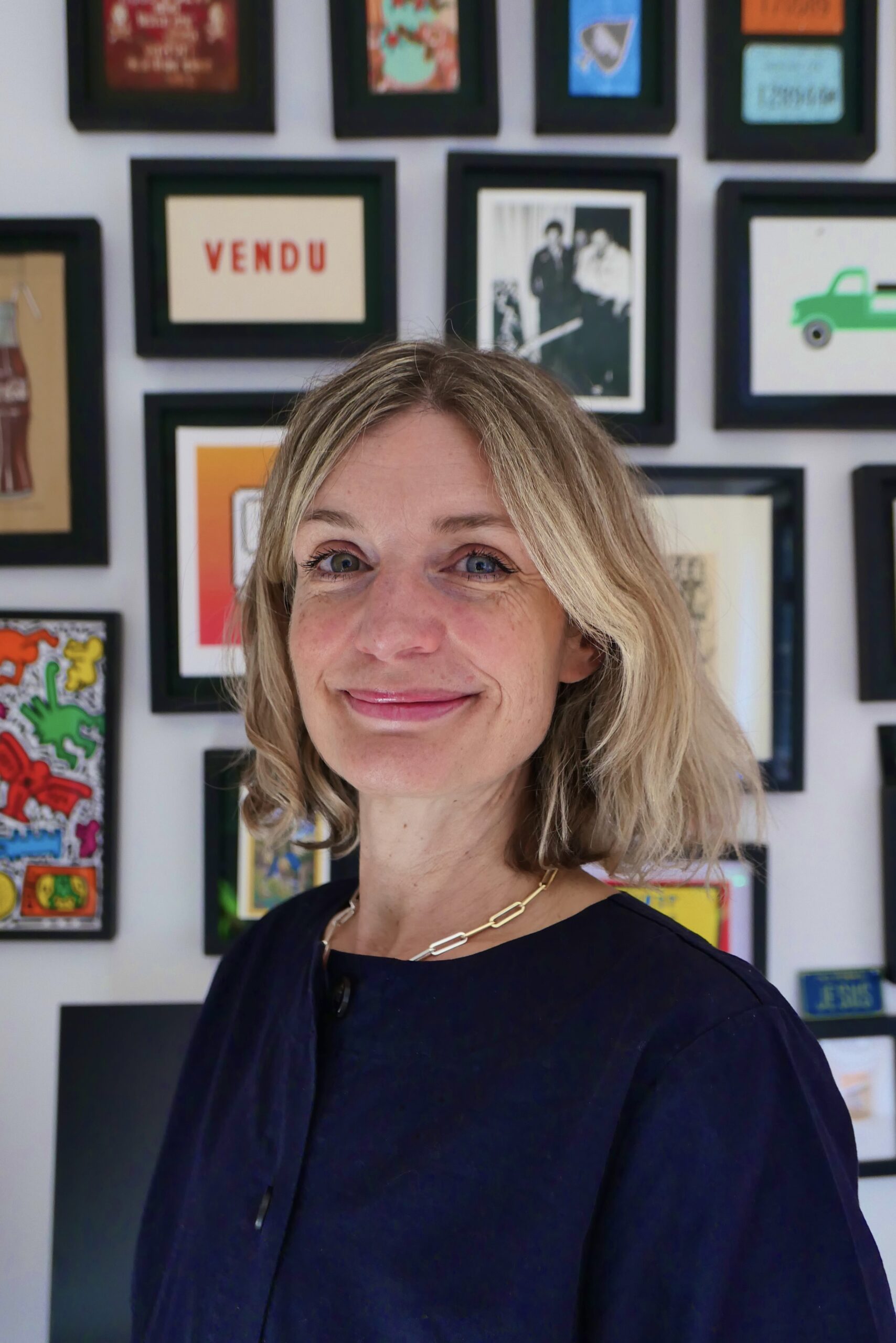 Institution •
Institution •Norwich appoints new Deputy Vice-Chancellor
Norwich University of the Arts is pleased to announce the appointment of Rebecca Wright as its new Deputy Vice-Chancellor. -
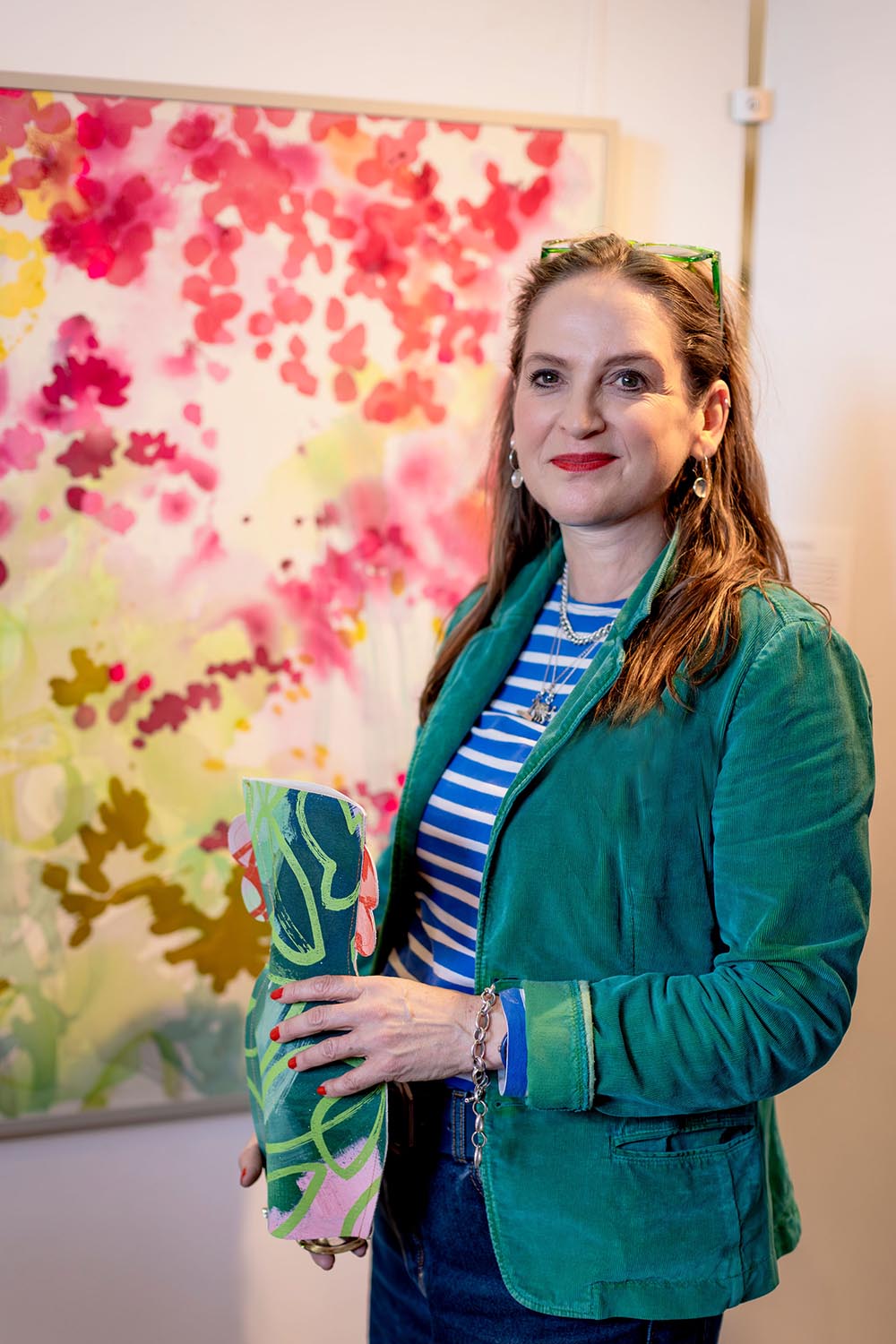 BA Textile Design •
BA Textile Design •In conversation with: Lucy Perry, MA Textile Design
Lucy shares her experience of creating a 360° digital installation, in a collaborative exploration of nature and technology. -
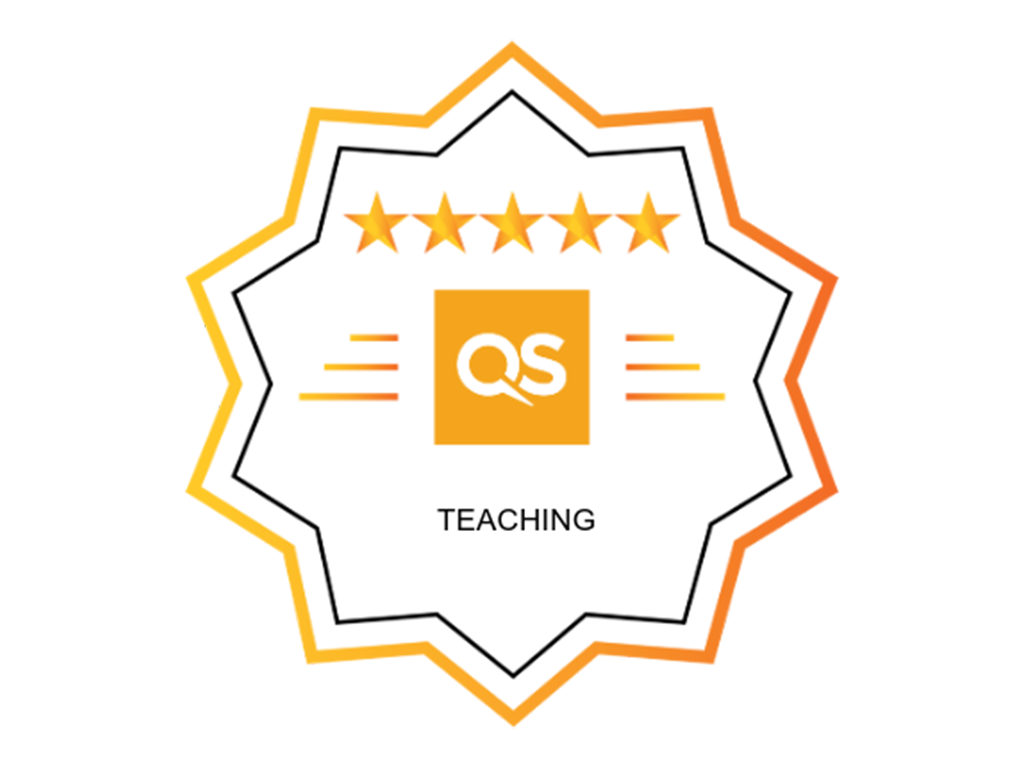 Institution •
Institution •Norwich University of the Arts earns prestigious 5-star QS Star Excellence rating fo Teaching
Norwich University of the Arts has been awarded an overall four-star rating in the prestigious QS Stars University Ratings, marking a significant milestone in the University’s first-ever submission to the internationally recognised assessment framework. -
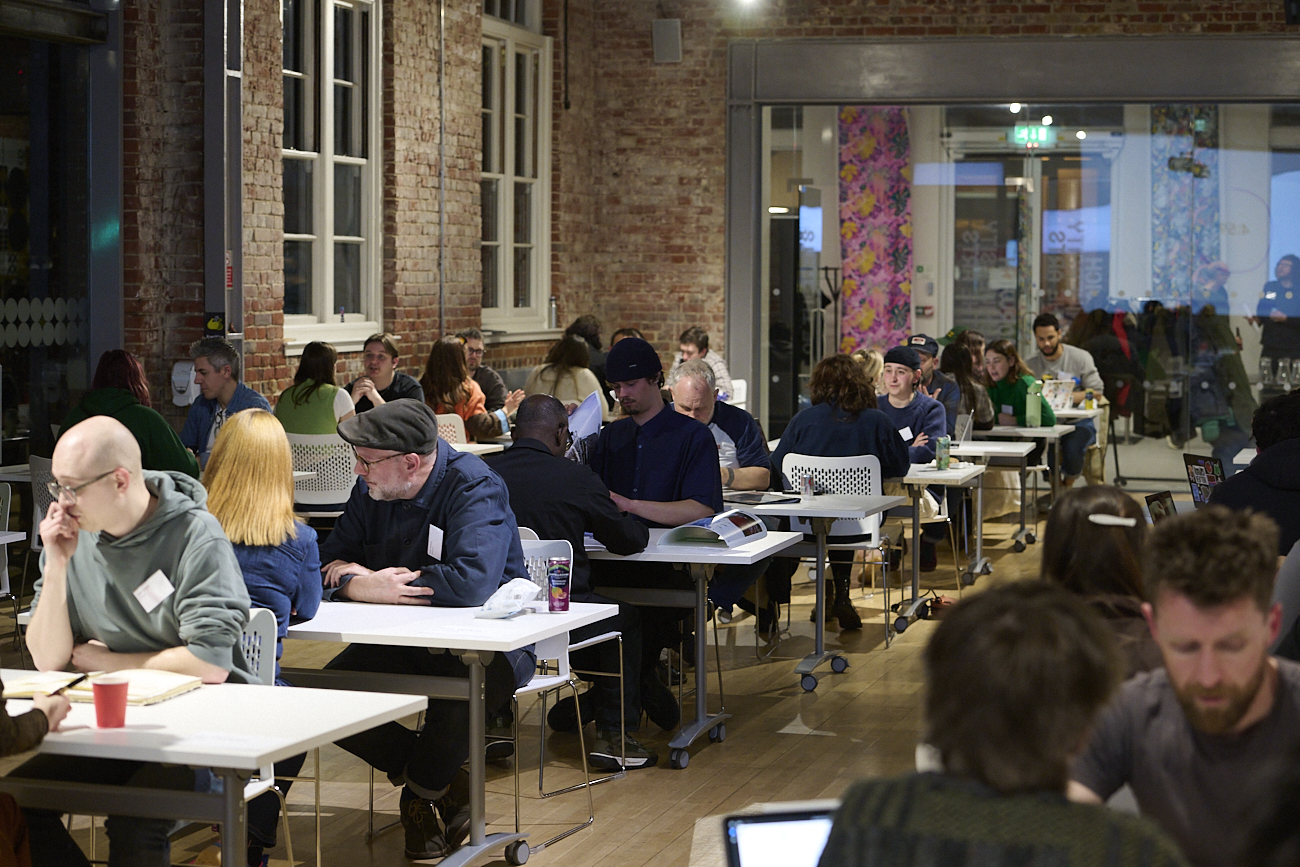 Employability •
Employability •Norwich University of the Arts celebrates 10 years of the Big Book Crit
Hundreds of Norwich students have shared their work with leading creative professionals over the last decade. -
 East Gallery •
East Gallery •Announcing the East Gallery Fellows 2025-2026
Norwich University of the Arts is pleased to announce the selected awardees of this year's East Gallery Fellowship. -
 BA Business Management •
BA Business Management •Dean of Creative Education Awarded Prestigious Principal Fellowship from Advance HE
The University is delighted to announce that Hilary Carlisle, Dean of Creative Education and Professor of Design, has been awarded Principal Fellowship of the Higher Education Academy (PFHEA) by Advance HE -
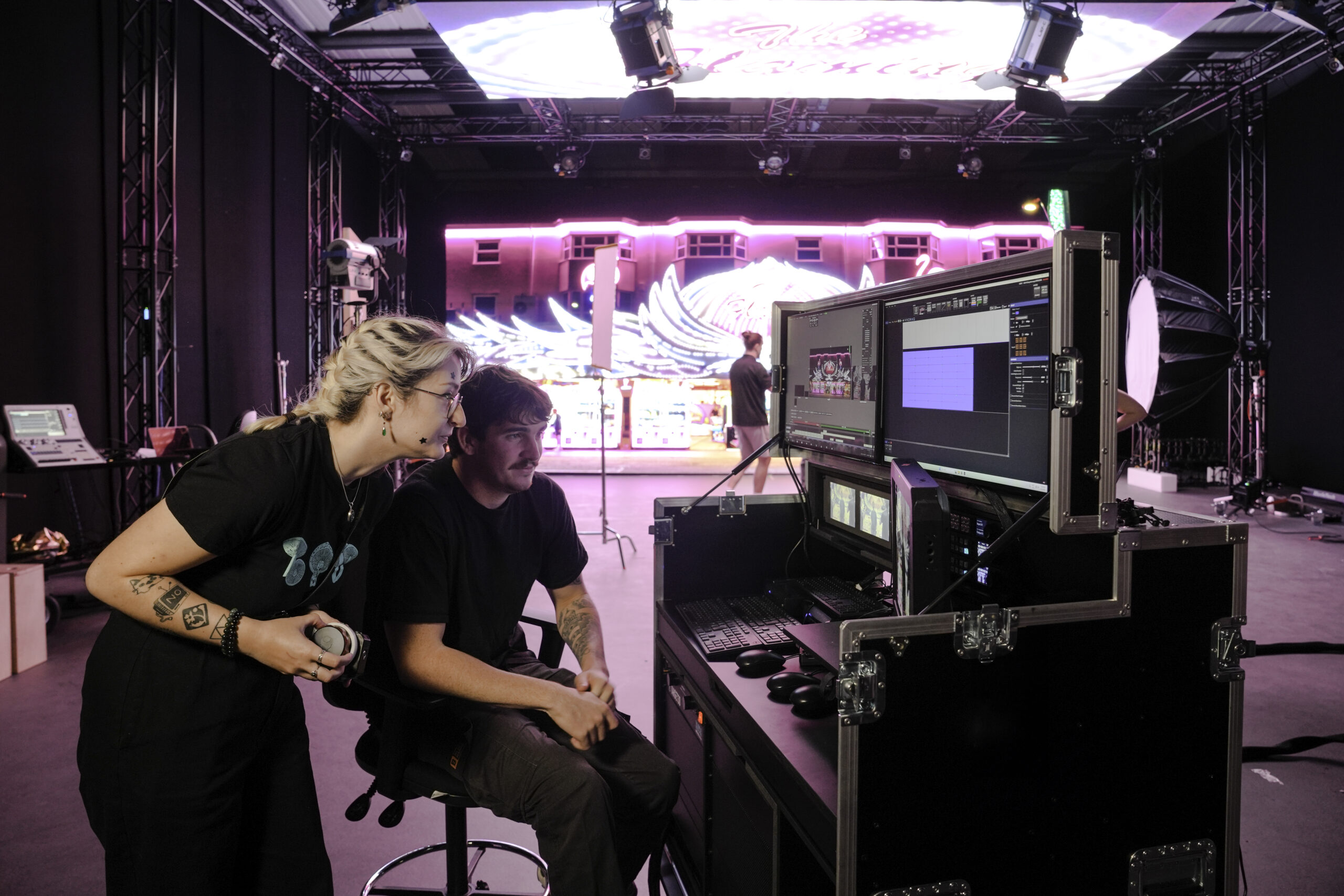 BA Degree •
BA Degree •Norwich University of the Arts to Host ELIA Academy 2027
Norwich University of the Arts is delighted to announce that it has been selected as the host institution for the ELIA Academy 2027. -
 BA Business Management •
BA Business Management •In conversation with Norwich’s newest lecturers in Marketing and Business Management
We joined Norwich's newest lecturers, Stephen Balmer-Walters and Laurie McAllister, to find out more about the University's Marketing and Business Management courses. -
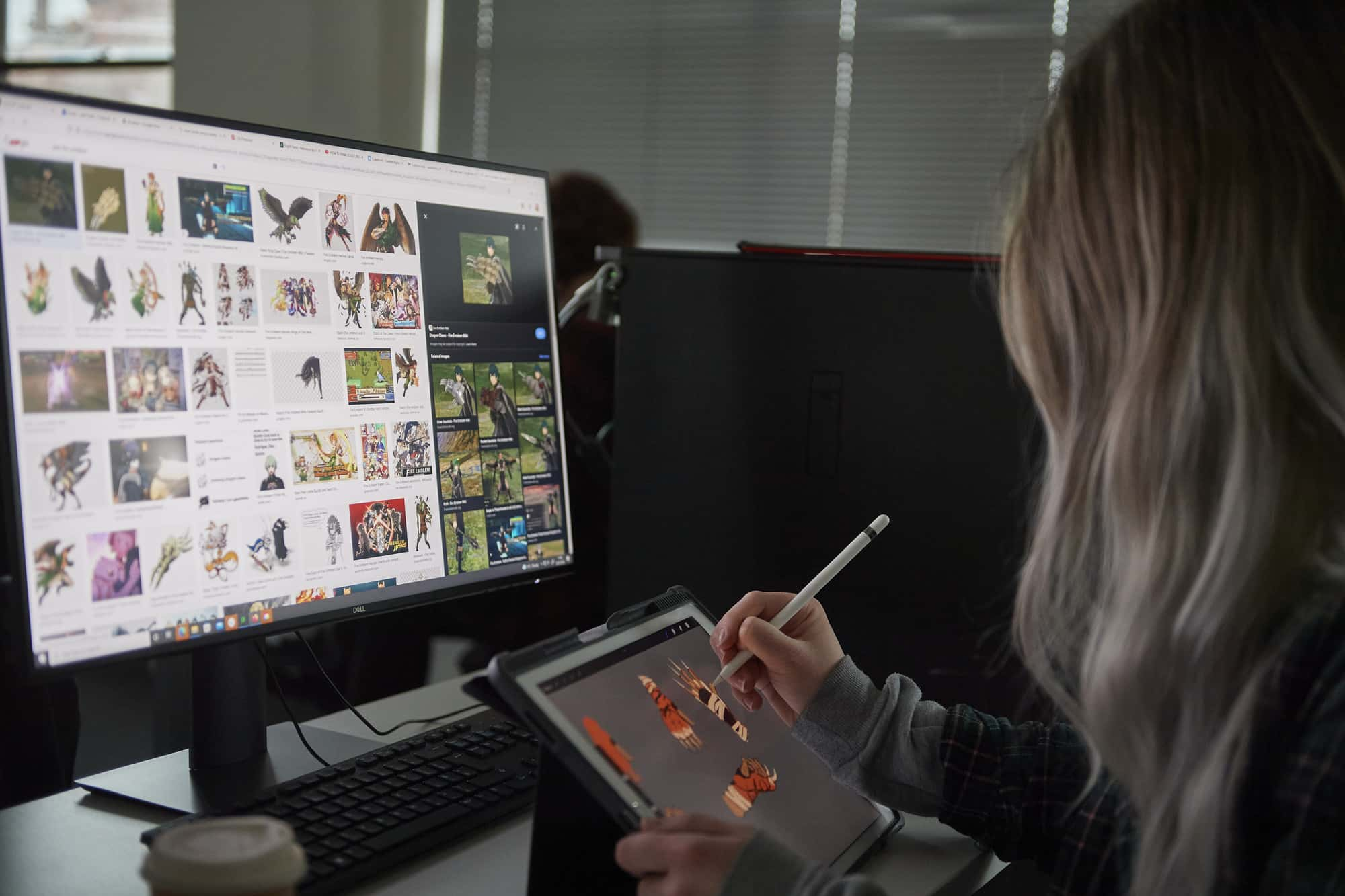 BA Games Art and Design •
BA Games Art and Design •East of England set to become UK’s next Games Cluster, says landmark report
A major new report is calling for the creation of a Games Cluster for the East of England — positioning the region as a national leader in creative technology and immersive media. -
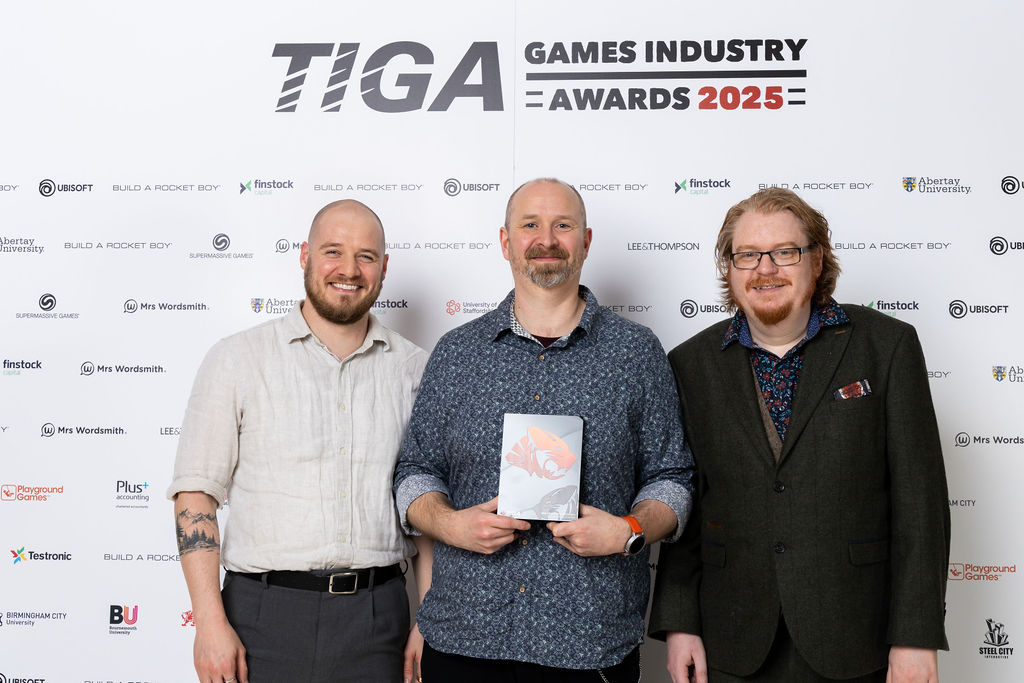 BA Games Art and Design •
BA Games Art and Design •Norwich awarded Best Education Initiative at the TIGA UK Games Industry Awards
TIGA, who represent the UK video games industry, have recognised the University’s commitment to graduate success and industry-focused learning in their 2025 awards. -
 BA Animation •
BA Animation •Cutting edge Sony Virtual Production Studio puts Norwich on the map for the future of film and gaming
Norwich University of the Arts and Sony open new landmark facility for students, creators and the community. -
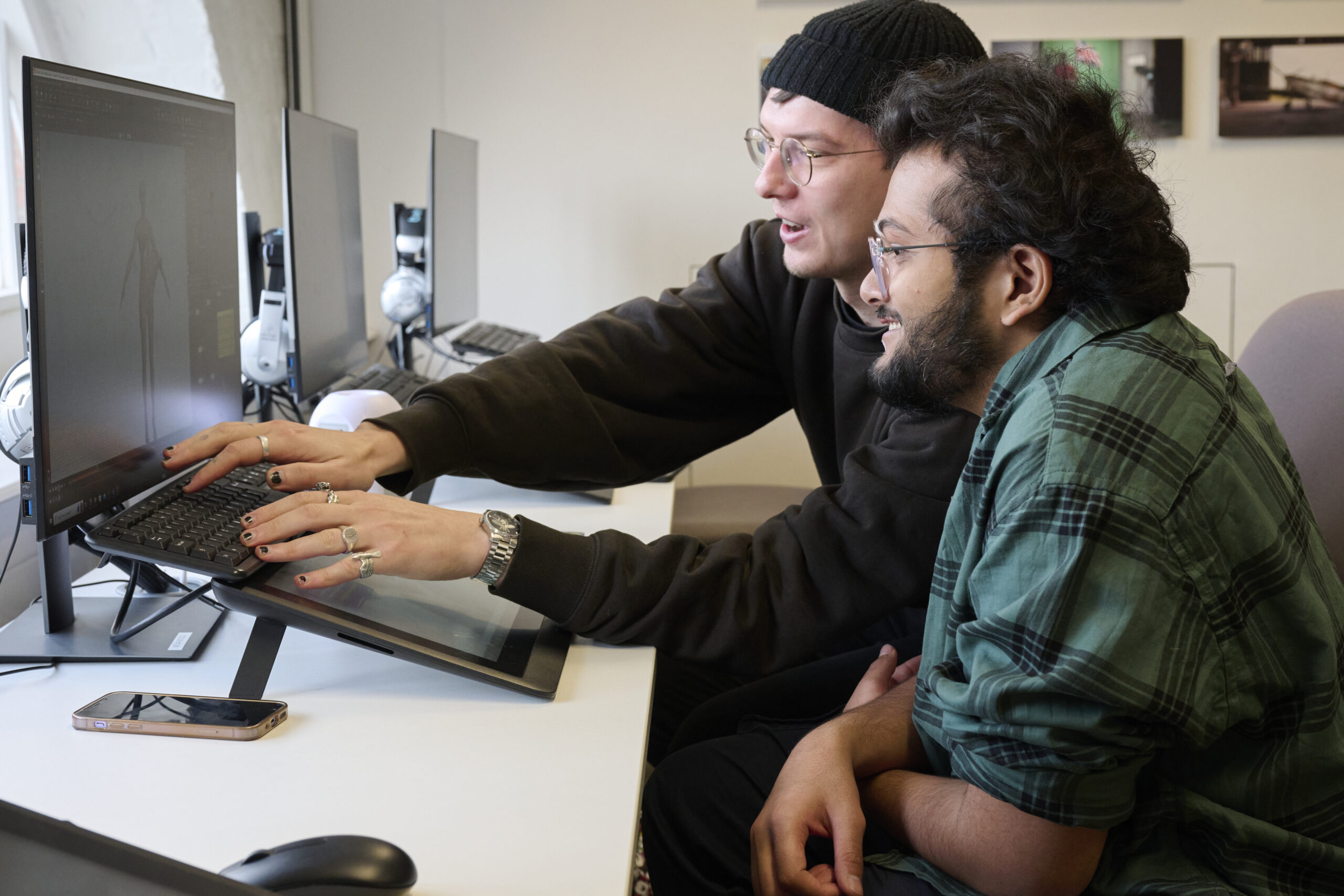 BA Animation •
BA Animation •Norwich named top UK university for production excellence in visual effects
The University has been placed in three categories in the 2025 Rookies Global School Rankings, including the top five for Production Excellence – Visual Effects. -
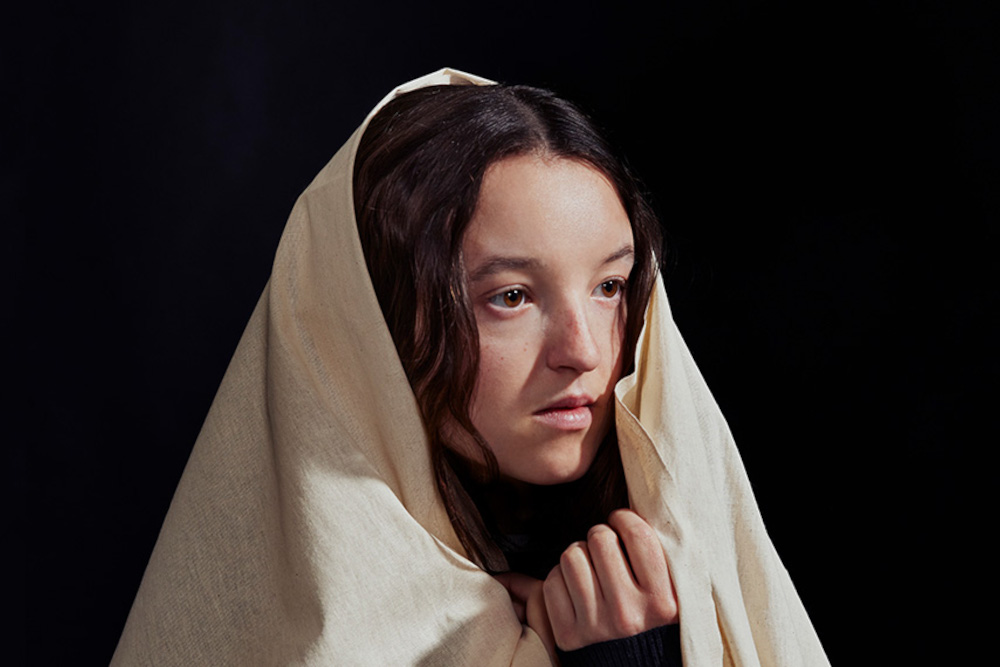 BA Photography •
BA Photography •Entries open for Norwich's 2026 Beyond the Frame photography competition
Entries are now open for our annual photography competition, open to students aged 11 to 19 around the world. -
 BSc Degree •
BSc Degree •Norwich University welcomes new academics to its Psychology and Computer Science courses
Lyndsey Wallace joins the University as Senior Lecturer for BSc (Hons) Psychology, with Jawwad Chattha joining as Course Leader for BSc (Hons) Computer Science. -
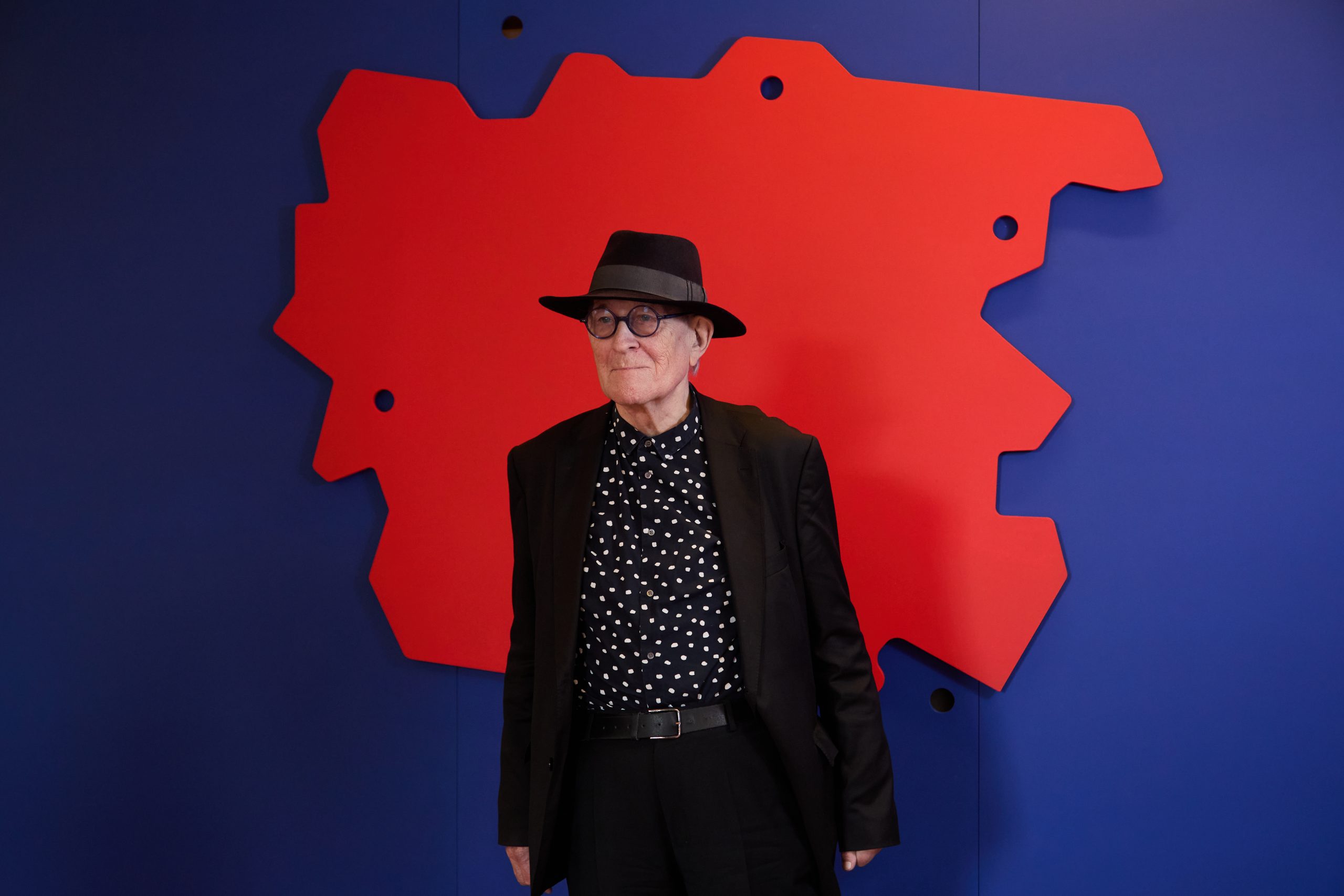 BA Architecture •
BA Architecture •Norwich University of the Arts presents the Peter Cook: Wonder Hub
Norwich University has launched the Peter Cook: Wonder Hub, a vibrant and interactive space for thinking, making, showcasing and debating the creative arts. -
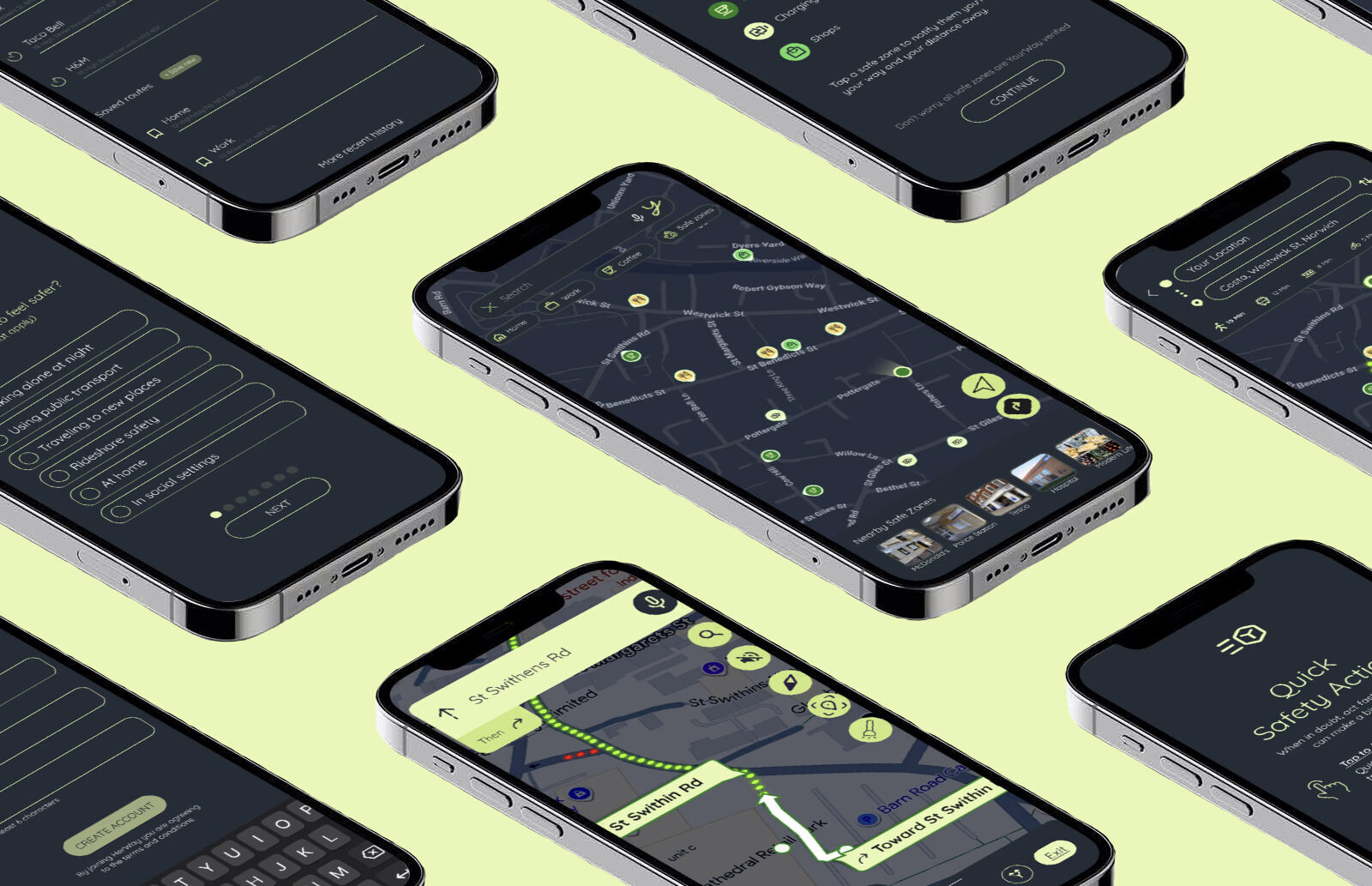 BA Graphic Communication •
BA Graphic Communication •Norwich students celebrate success at 2025 Creative Conscience Awards
Students from Norwich University of the Arts have been recognised across categories in this year’s awards, which showcase work focusing on social or environmental impact
Related courses
Discover our courses and take the first step towards unleashing your potential
-
Visit the Design for Publishing BA (Hons) course page
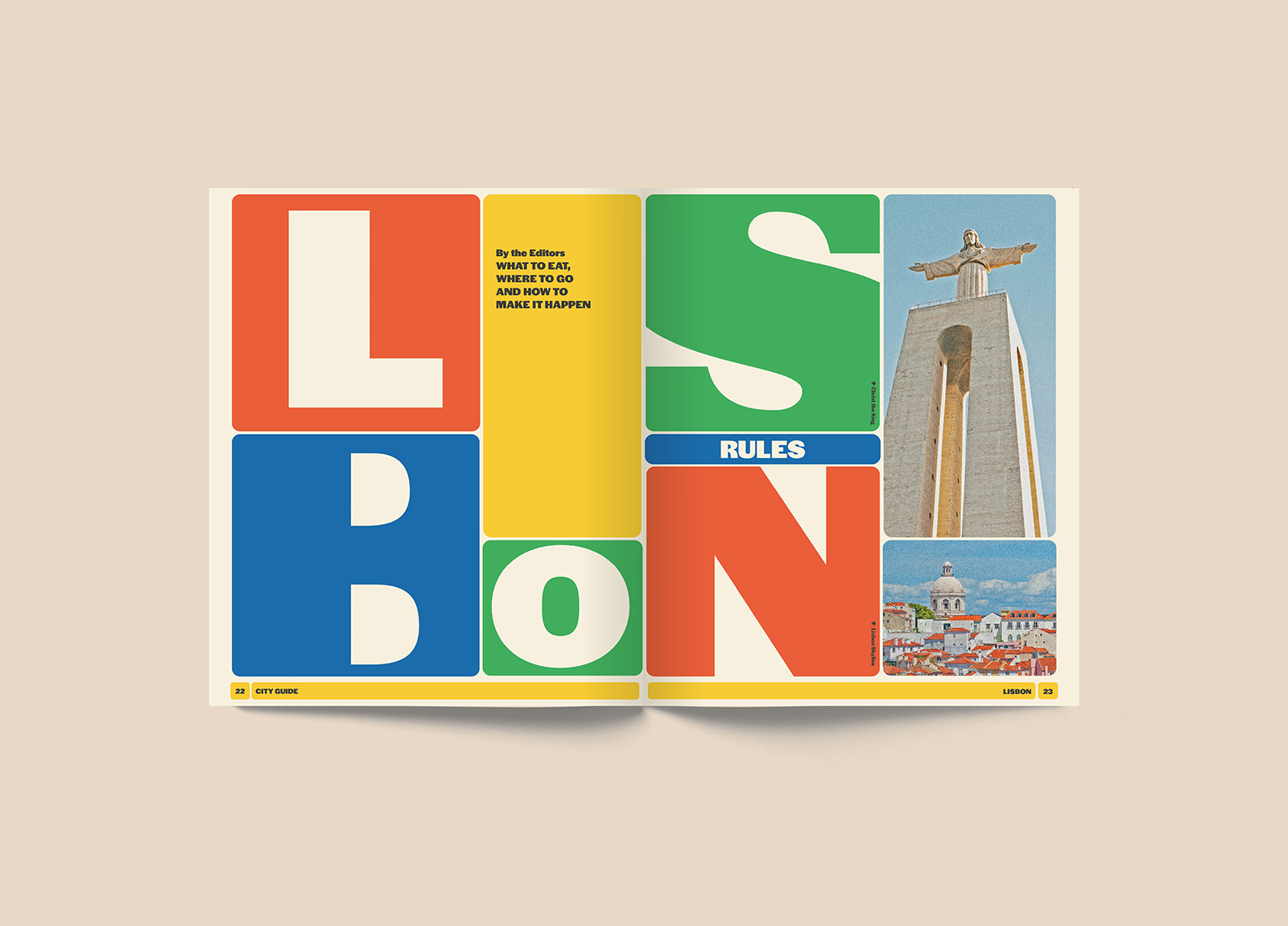
- Filter courses by study level: Undergraduate
- Filter courses by duration: Full time
- Filter courses by start month: September
- Filter courses by subject: Design for Publishing
Design for Publishing BA (Hons)
Explore how words and images can come to life on the page and screen to tell stories and deliver information.
-
Visit the Graphic Communication BA (Hons) course page
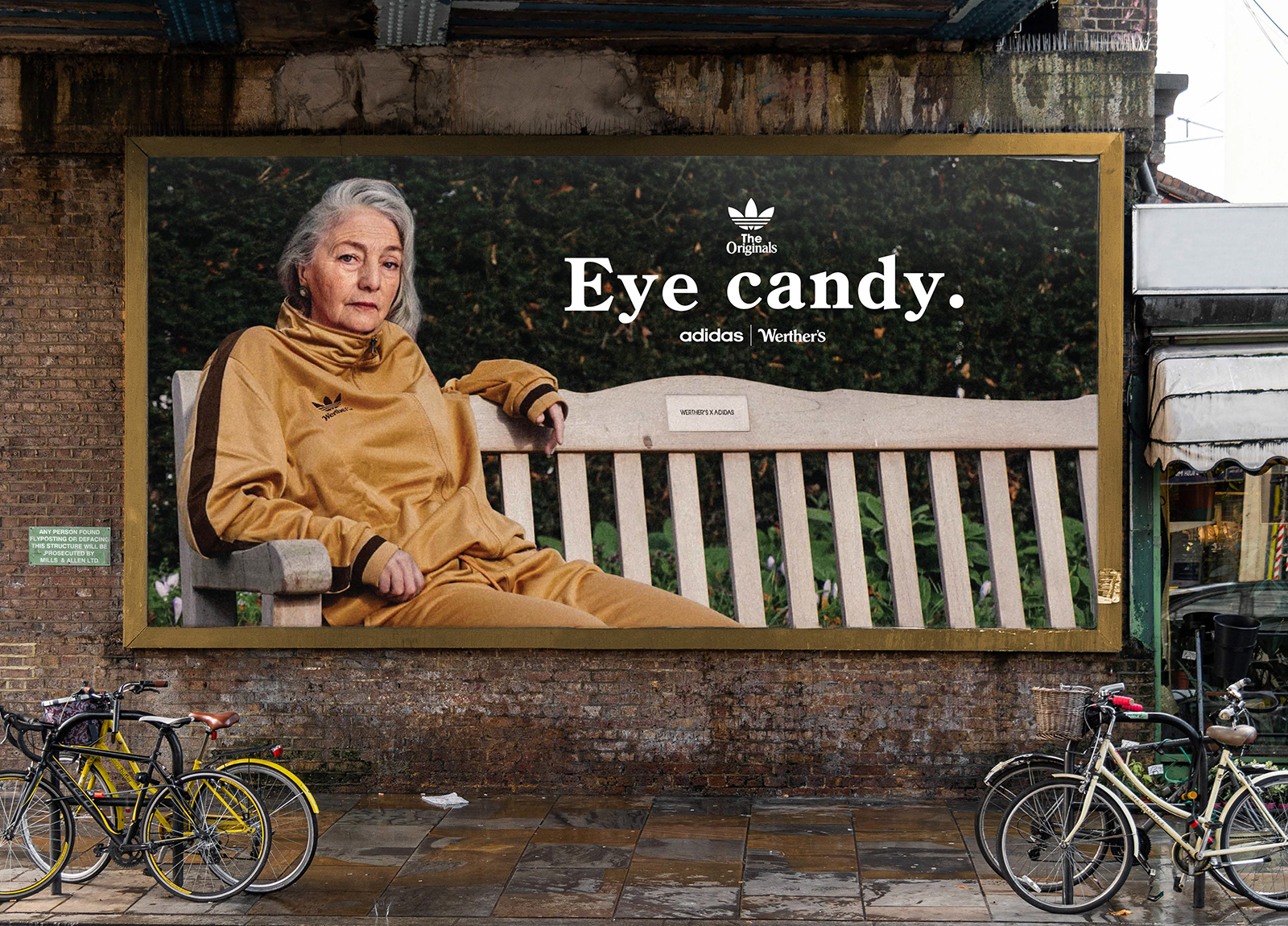
- Filter courses by study level: Undergraduate
- Filter courses by duration: Full time
- Filter courses by start month: September
- Filter courses by subject: Graphic Communication
Graphic Communication BA (Hons)
Ignite your passion for exploring visual ideas and brand communication from real-world problems to commercial briefs, across print and digital.
-
Visit the Illustration BA (Hons) course page

- Filter courses by study level: Undergraduate
- Filter courses by duration: Full time
- Filter courses by start month: September
- Filter courses by subject: Illustration
Illustration BA (Hons)
Experiment with different illustration mediums and tools as you build your creative identity and professional skills.
-
Visit the User Experience Design BSc (Hons) course page
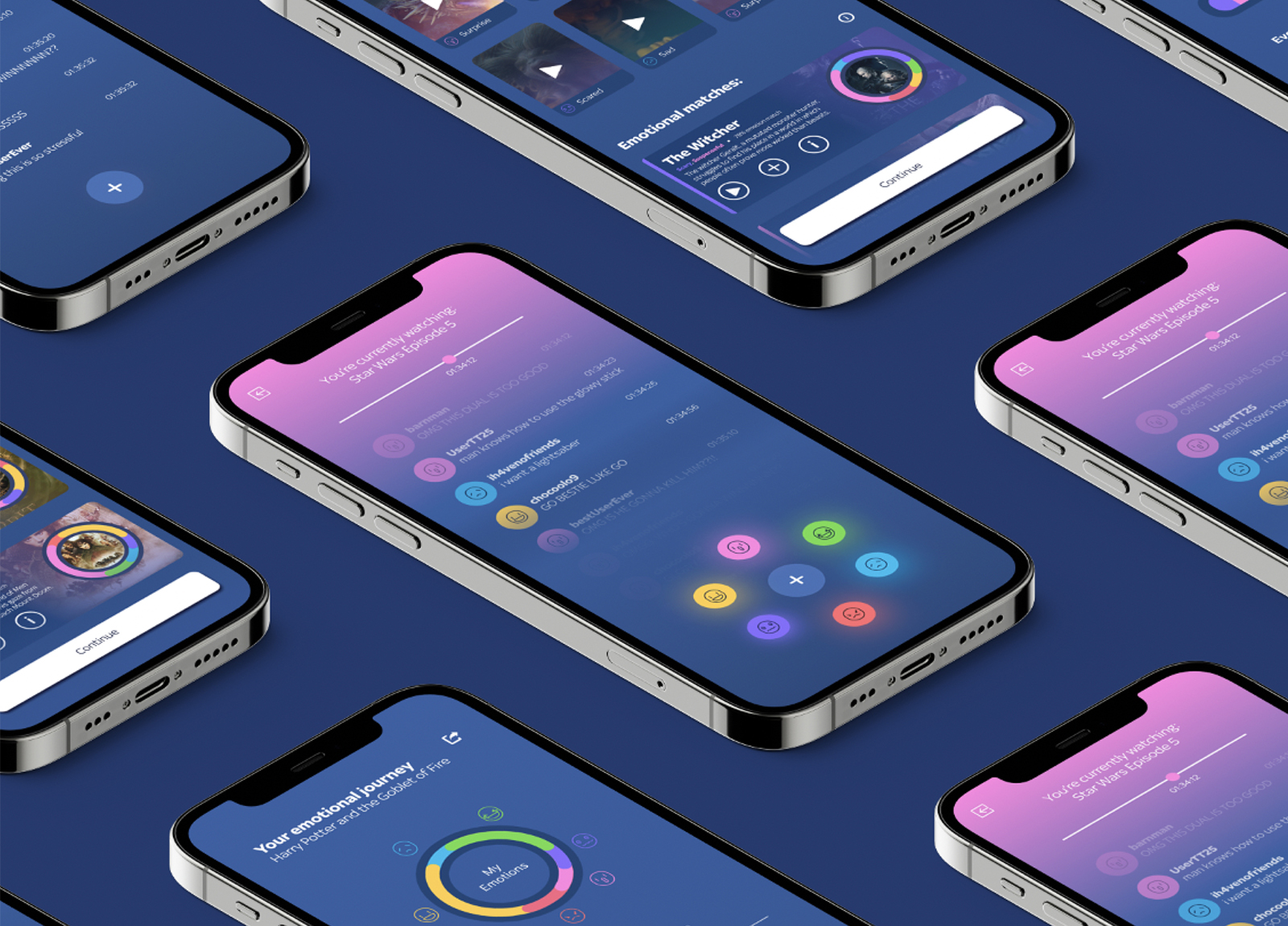
- Filter courses by study level: Undergraduate
- Filter courses by duration: Full time
- Filter courses by start month: September
- Filter courses by subject: User Experience Design
User Experience Design BSc (Hons)
Want to shape how people engage with the ever-evolving digital world? And understand the different ways users experience a design?
norwichuni_graphics
-
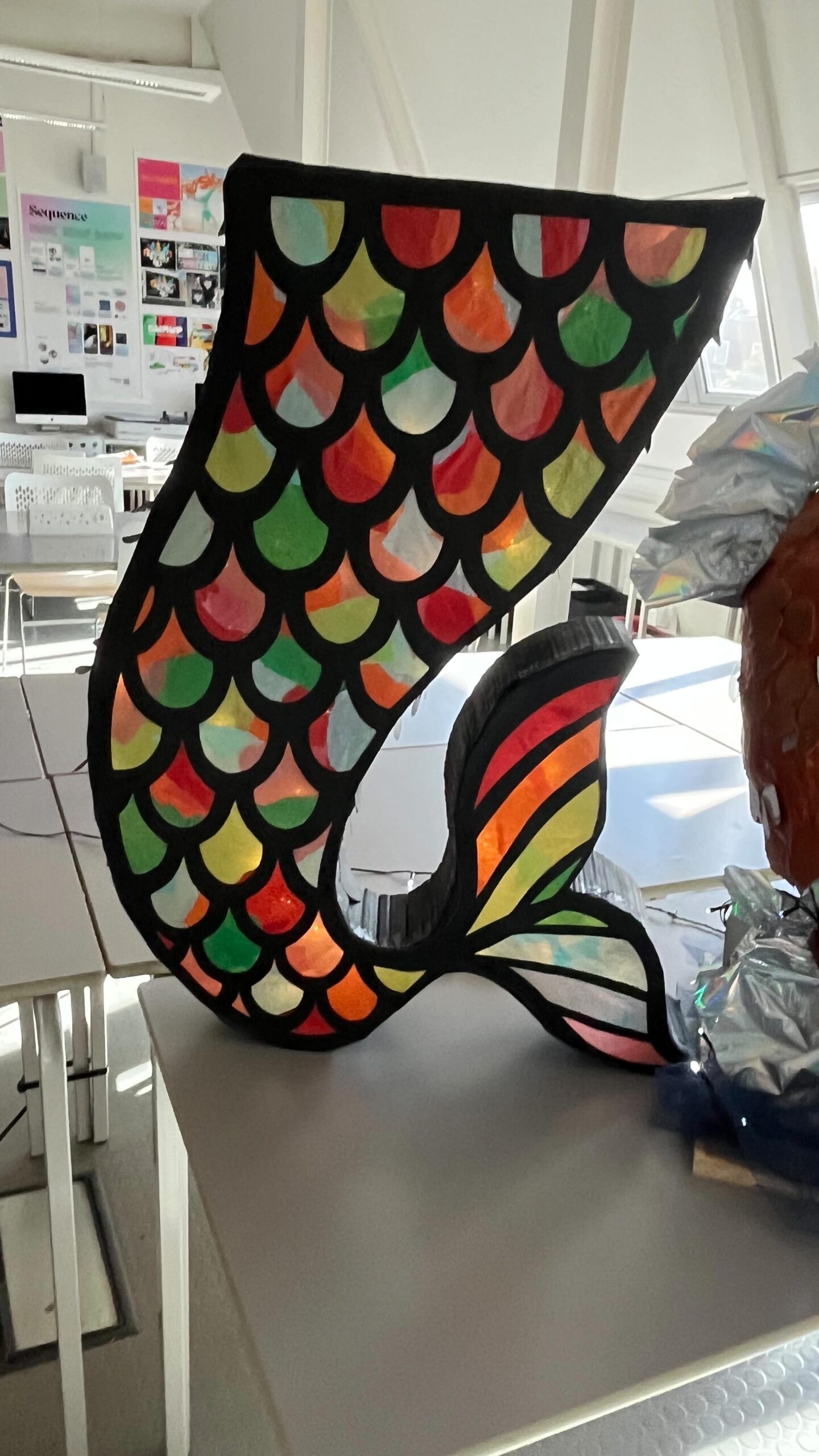
norwichuni_graphics Y r 1 ⭐️ C R E A T I V E P R O B L E M S O L V E R S ! A massive welcome and well done to our new Year 1 Graphics students who more than rose to the challenge of our Make It Manifesto project to kick start their year! A seaside-trip-inspired decadent exploration of typography – working in groups to a hectic schedule – and they smashed it!! @graphicsyearone (opens in a new window)
-

norwichuni_graphics Drumroll please… We were thrilled to be a part of the @newblood_dandad award ceremony this week where Graphic Communication students scooped up 5 pencils – 3 Wood and 2 Graphite. Massive thanks to all of the teaching staff across all year groups who have helped to shape these talented individuals. Staff enjoyed the 360 camera a little too much! #graphicdesign #d&ad #norwichuniarts (opens in a new window)
-
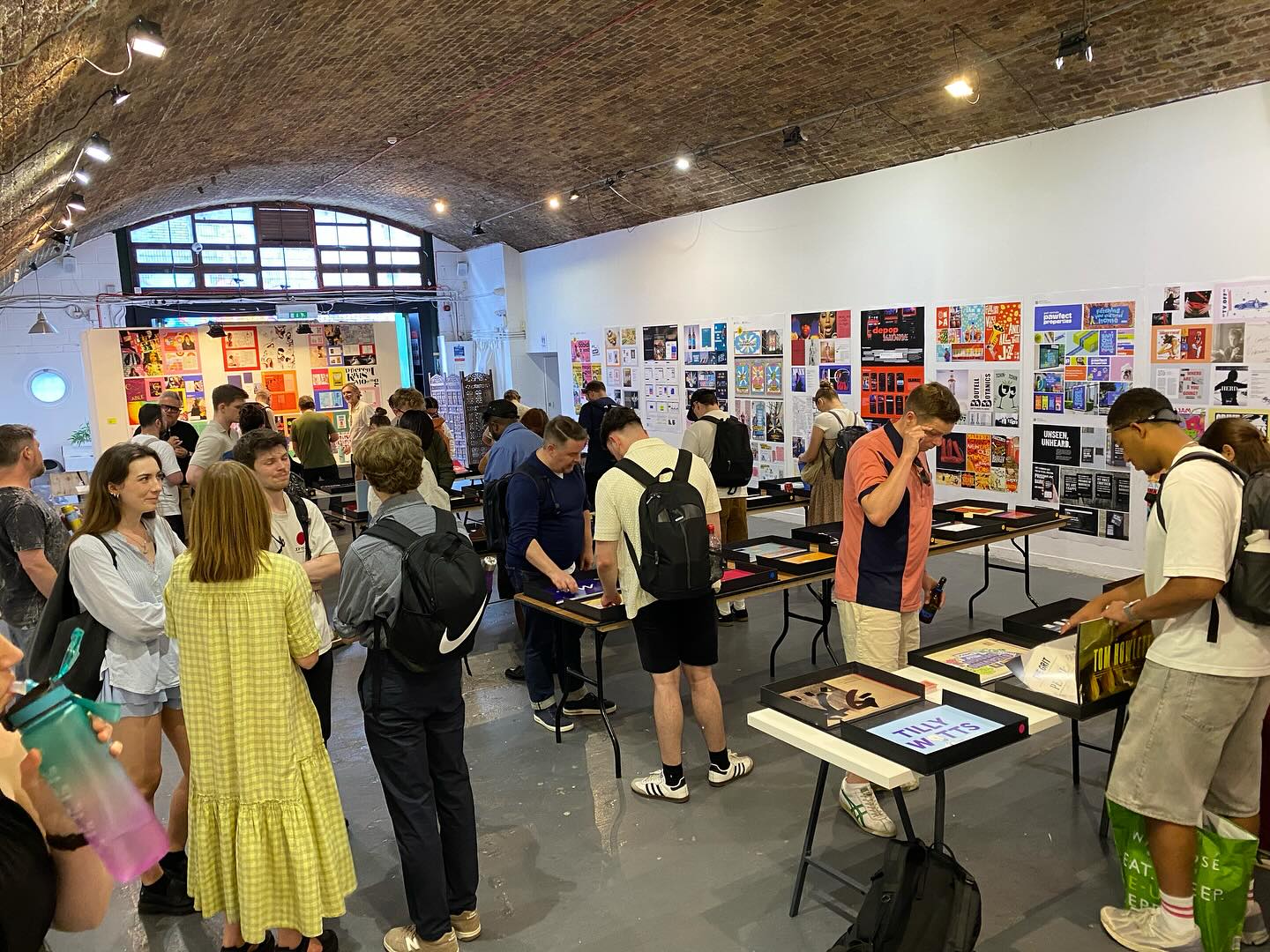
norwichuni_graphics Awesome first afternoon and evening at Hoxton Arches at the @norwichuni_graphics Industry-only portfolio review. We set this event up carefully to create just the right atmosphere for our fantastic industry guests to really spend time with the work. Many stay for several hours really engaging with the portfolios. Plenty of delicious cold drinks too – just what’s needed on a hot London day like today. We’re open again tomorrow, but then we’re gone! Don’t miss it. @norwichuniarts (opens in a new window)
-
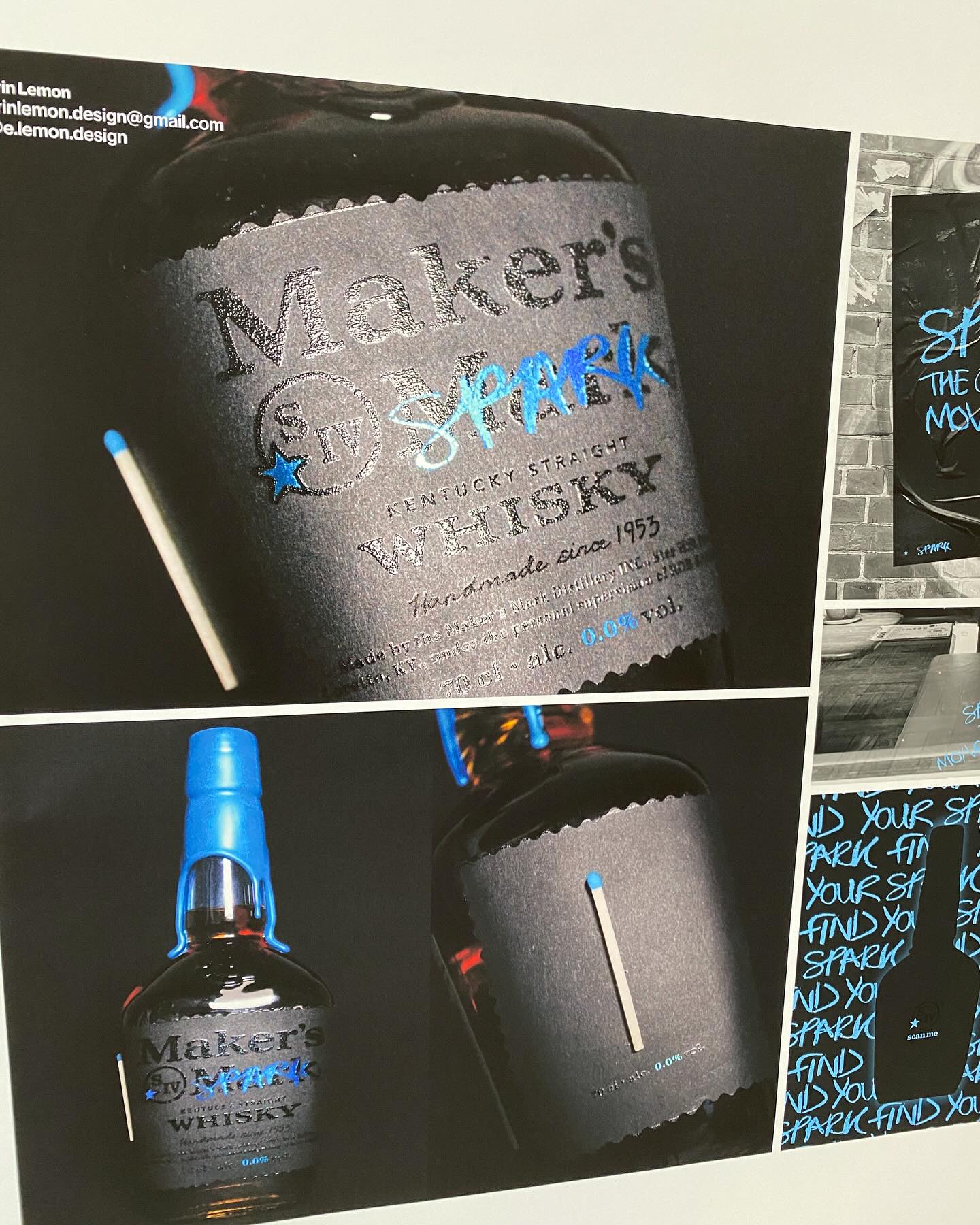
norwichuni_graphics Another awesome display of great ideas and incredible craft from @norwichuni_graphics students on: Design For Publishing, Graphic Design, Graphic Communication and User Experience Design @norwichuniarts #GradFest 2025. See all this and more at our industry-only portfolio event in London 25 & 26 June. (opens in a new window)
-
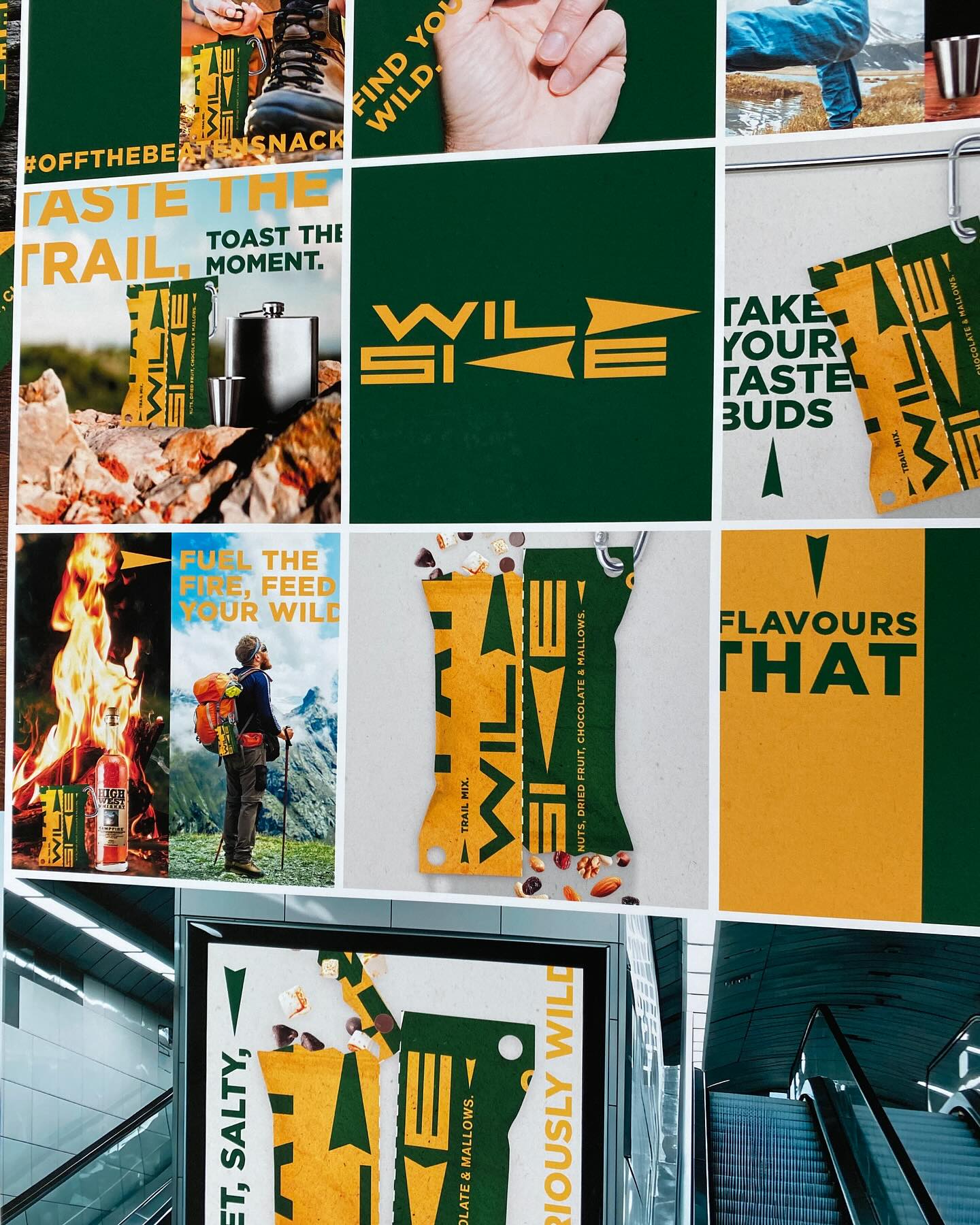
norwichuni_graphics Another awesome display of great ideas and incredible craft from @norwichuni_graphics students on: Design For Publishing, Graphic Design, Graphic Communication and User Experience Design @norwichuniarts #GradFest 2025. See all this and more at our industry-only portfolio event in London 25 & 26 June. (opens in a new window)
-
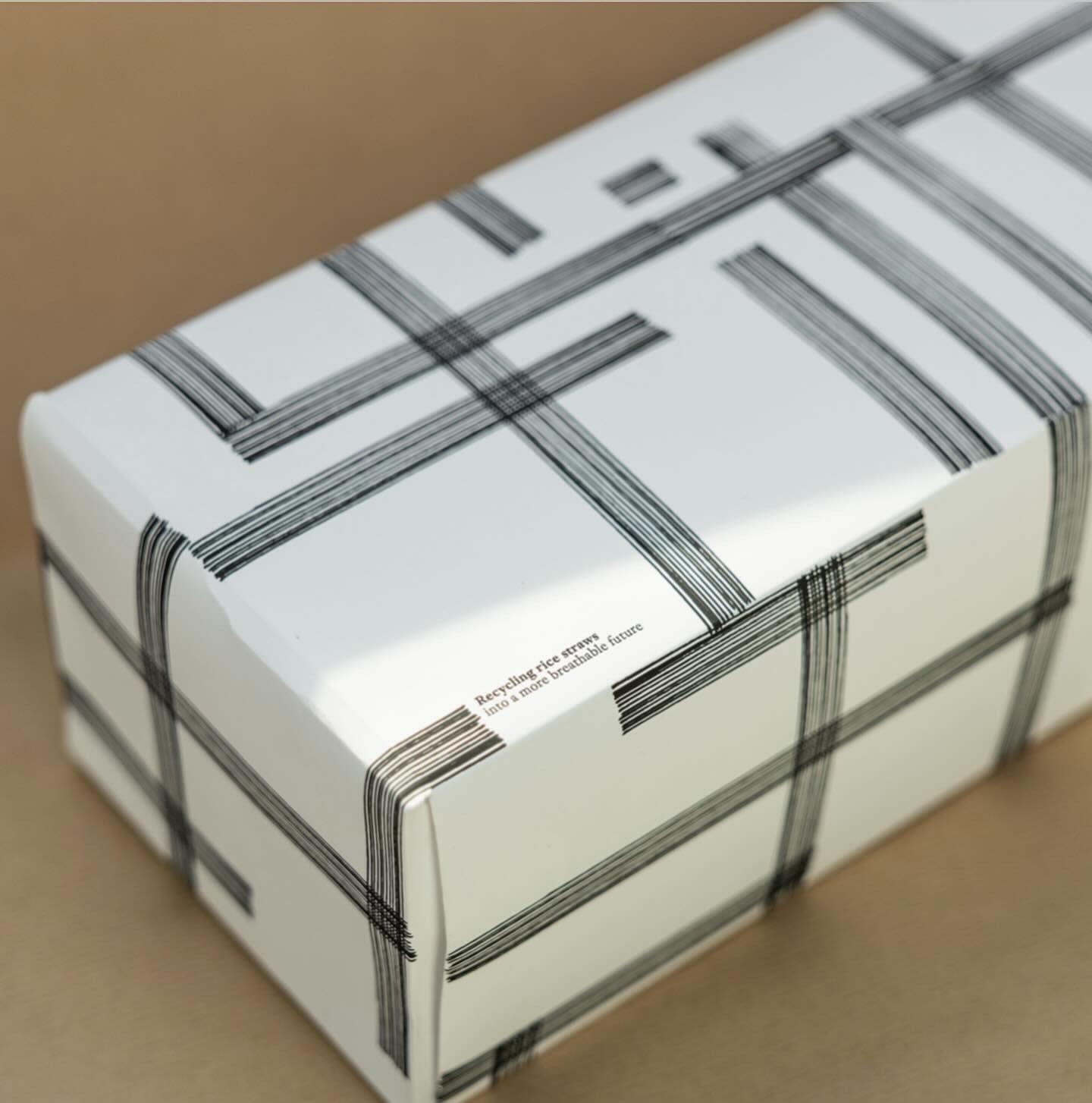
norwichuni_graphics The standard was so high in our student brief set by @butterflycannon that @meg.hesketh and @elliephilpottdesign found it hard to narrow down the winners. So for their brief on creating a sustainable packaging brand, there were two third place winners. Holly Start and @isabellaelseloej created this fantastic solution for a premium brand of textiles created from rice straw waste from the Japanese Saki industry. (opens in a new window)
-
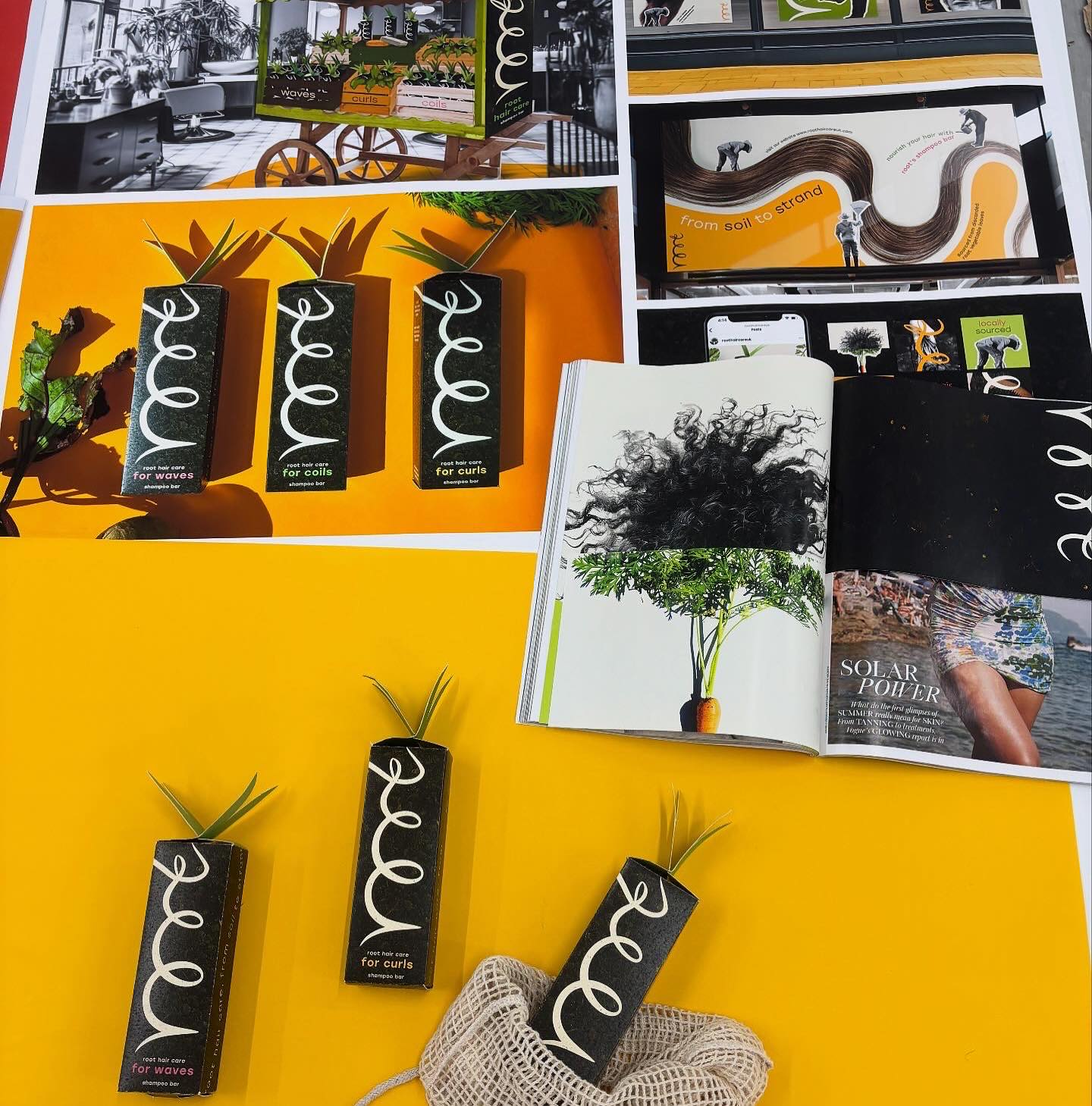
norwichuni_graphics The standard was so high in our student brief set by @butterflycannon that @meg.hesketh and @elliephilpottdesign found it hard to narrow down the winners. So for their brief on creating a sustainable packaging brand, there were also two second place winners. @m_aysmithdesign @bethantodd.design @michelle_graphics_t @jaygriffin.graphics created this fantastic solution “Root” – a hair care brand made from vegetable waste from the farm industry. (opens in a new window)
-
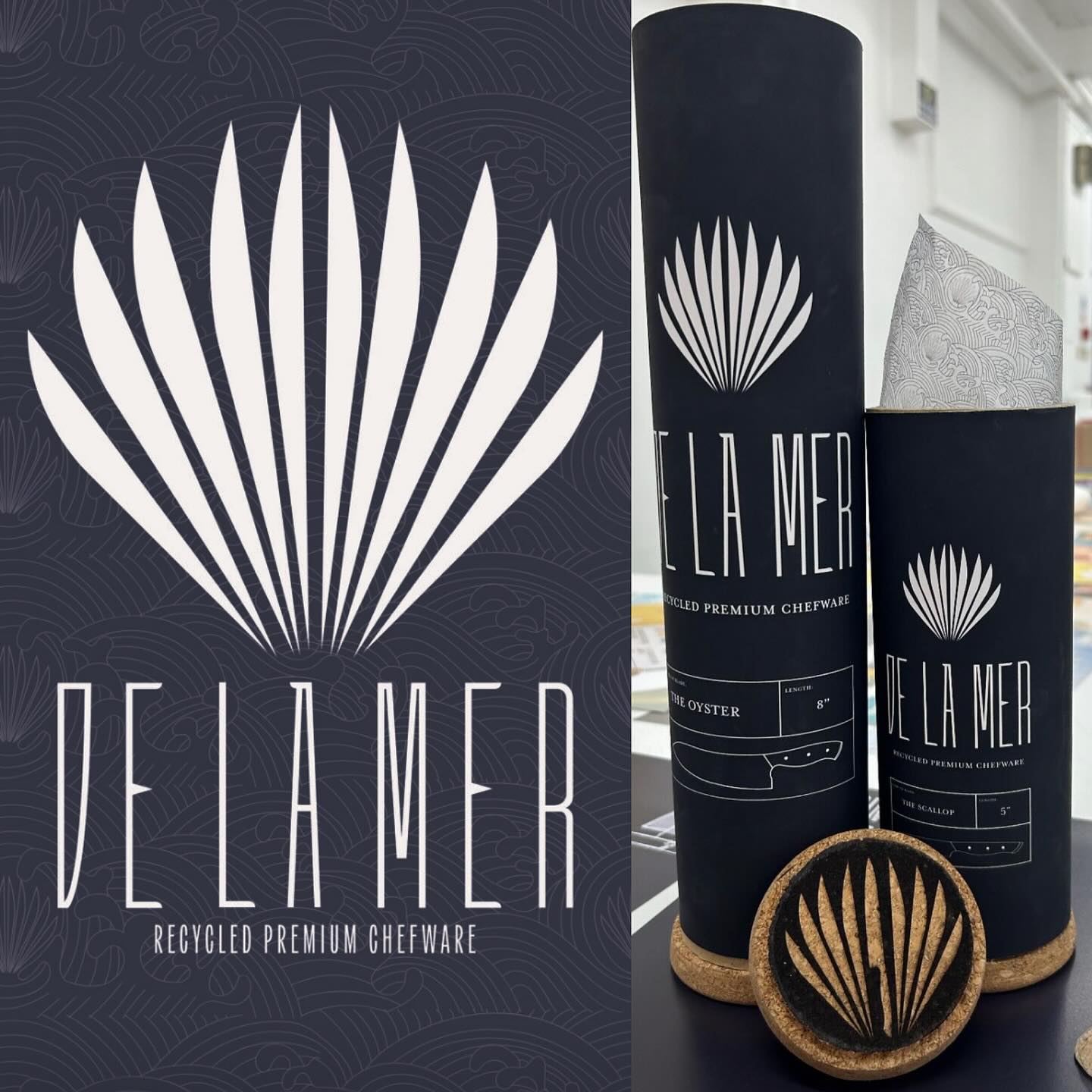
norwichuni_graphics The standard was so high in our student brief set by @butterflycannon that @meg.hesketh and @elliephilpottdesign found it hard to narrow down the winners. So for their brief on creating a sustainable packaging brand, there were two second place winners. @doublew_design @b.endennis @mya.bullen @honeyfogarty_7 Congratulations on this fantastic solution for De La Mer. Premium knives created from waste shell fish from the restaurant industry. (opens in a new window)
-
